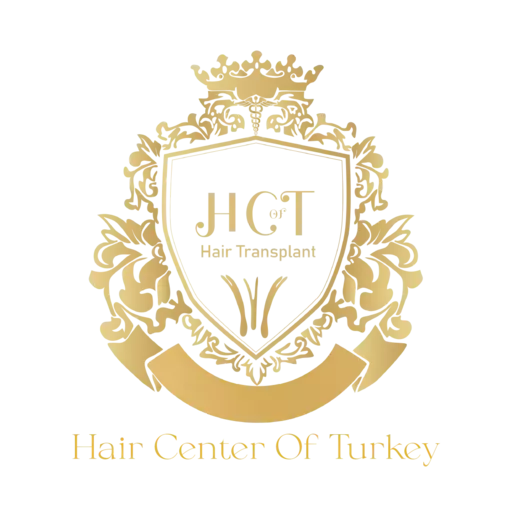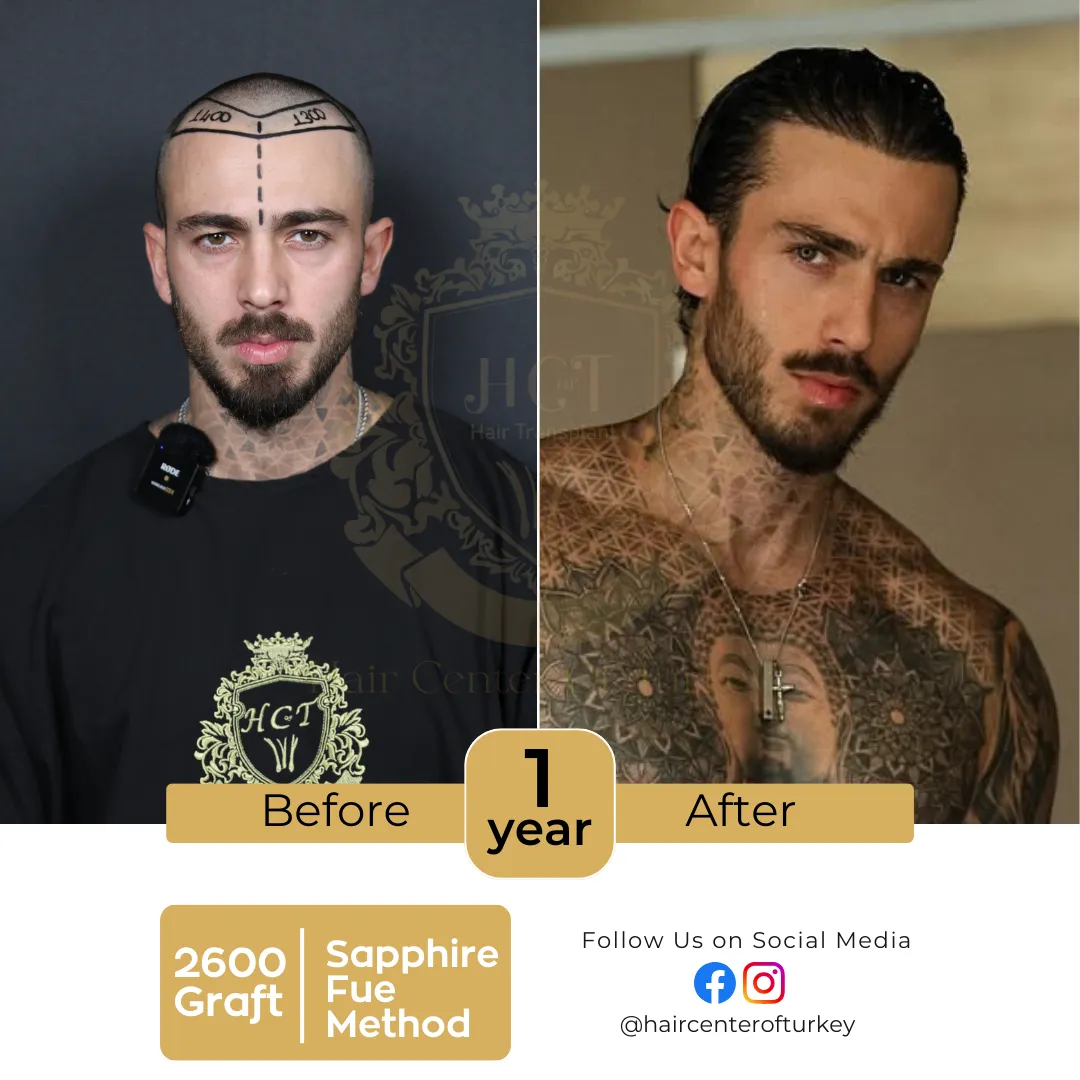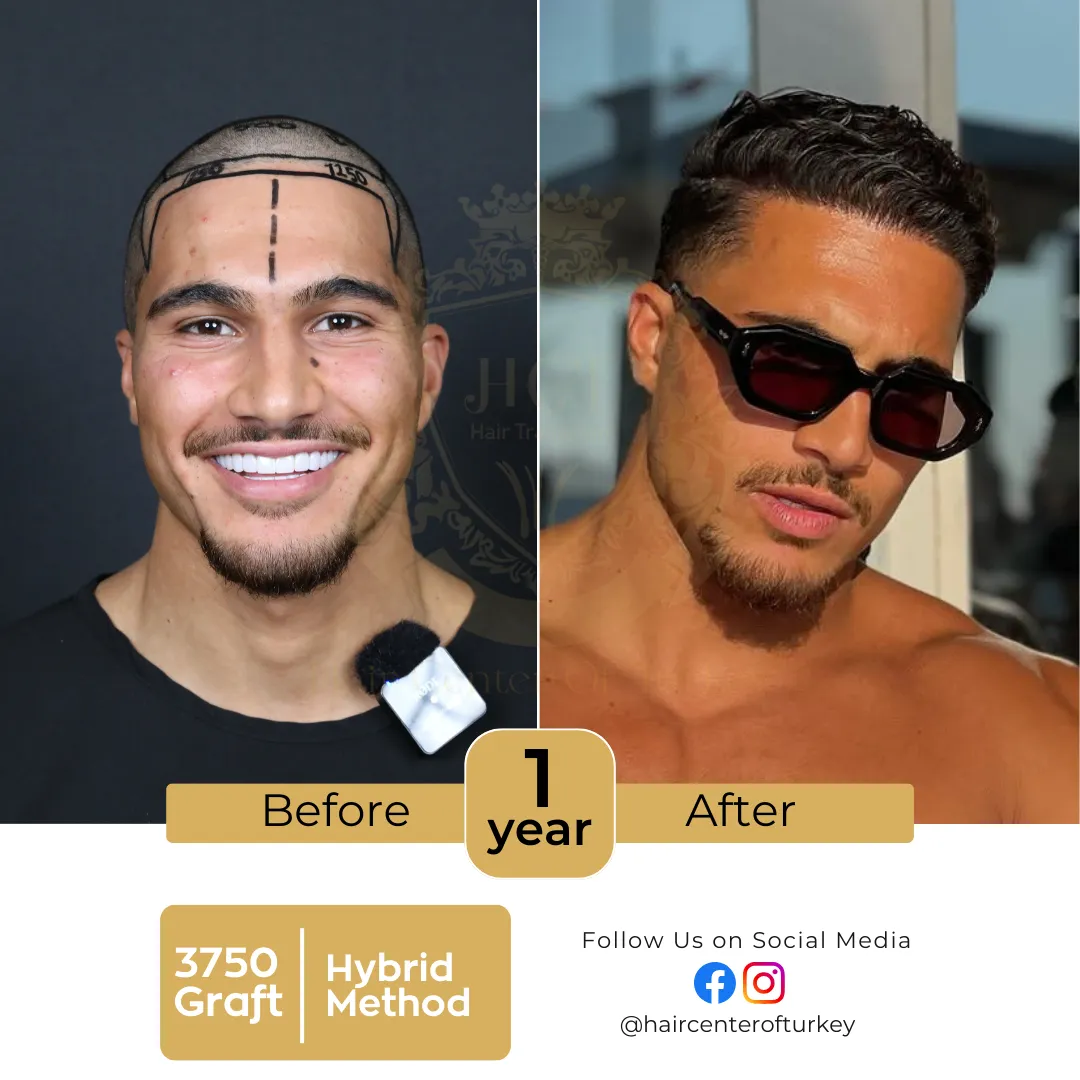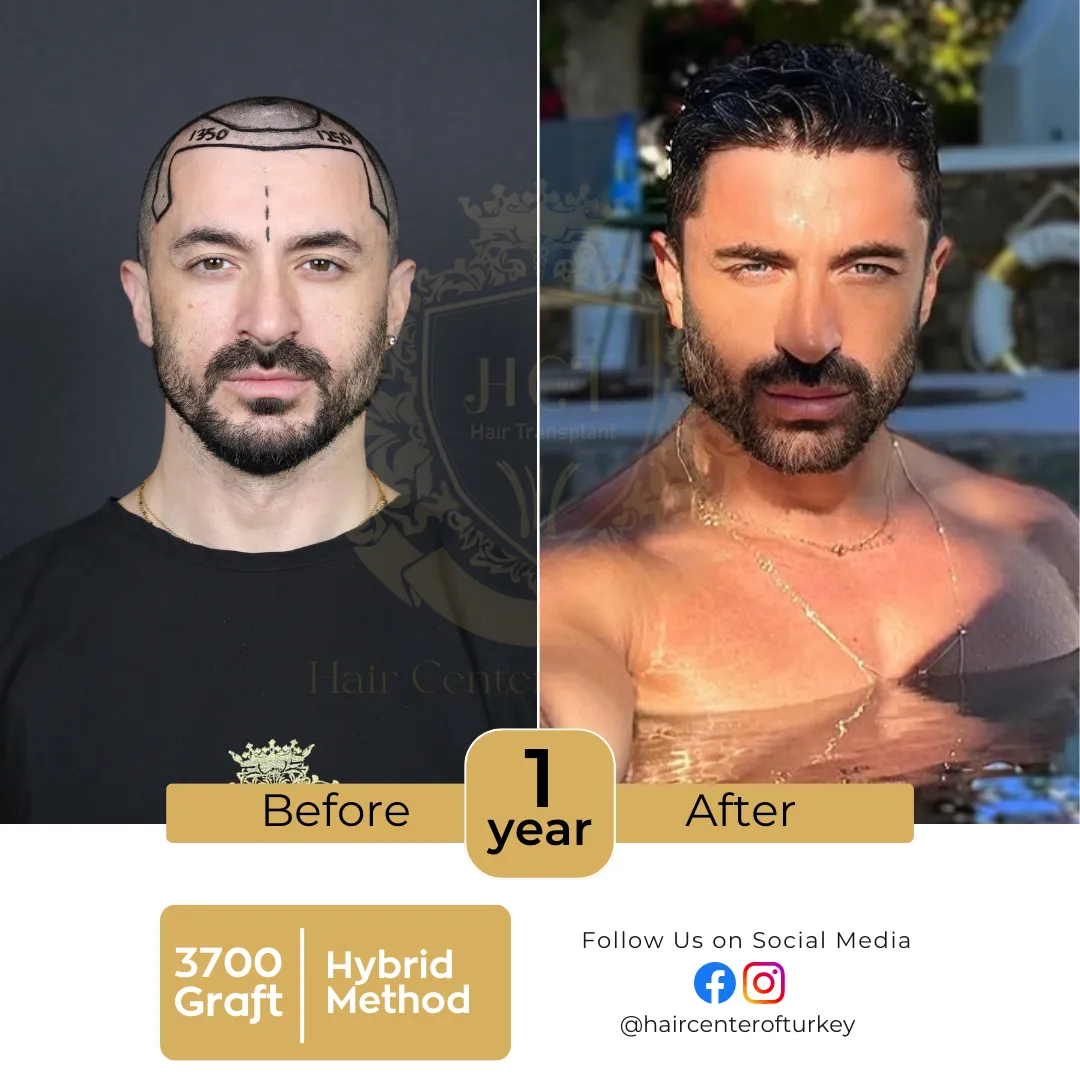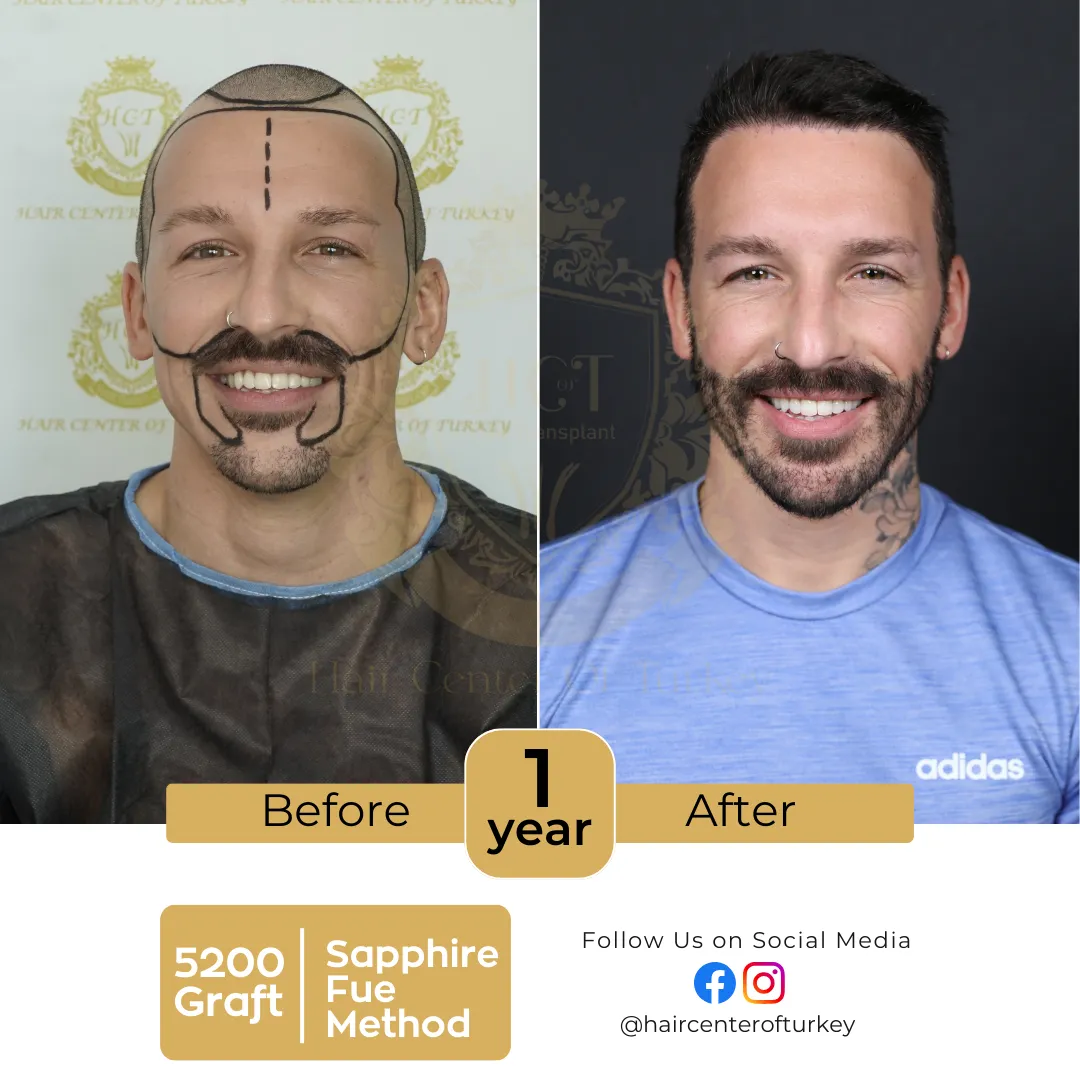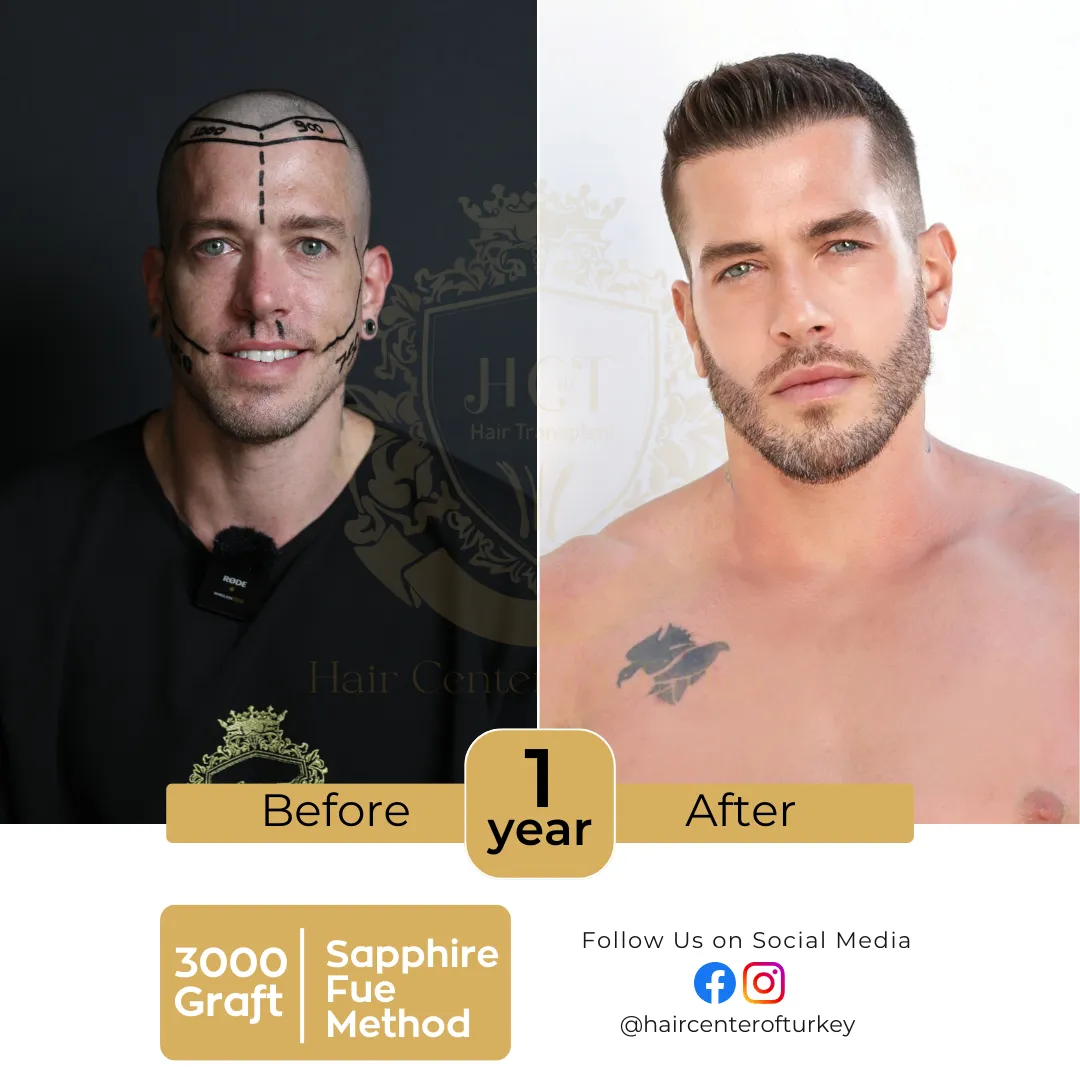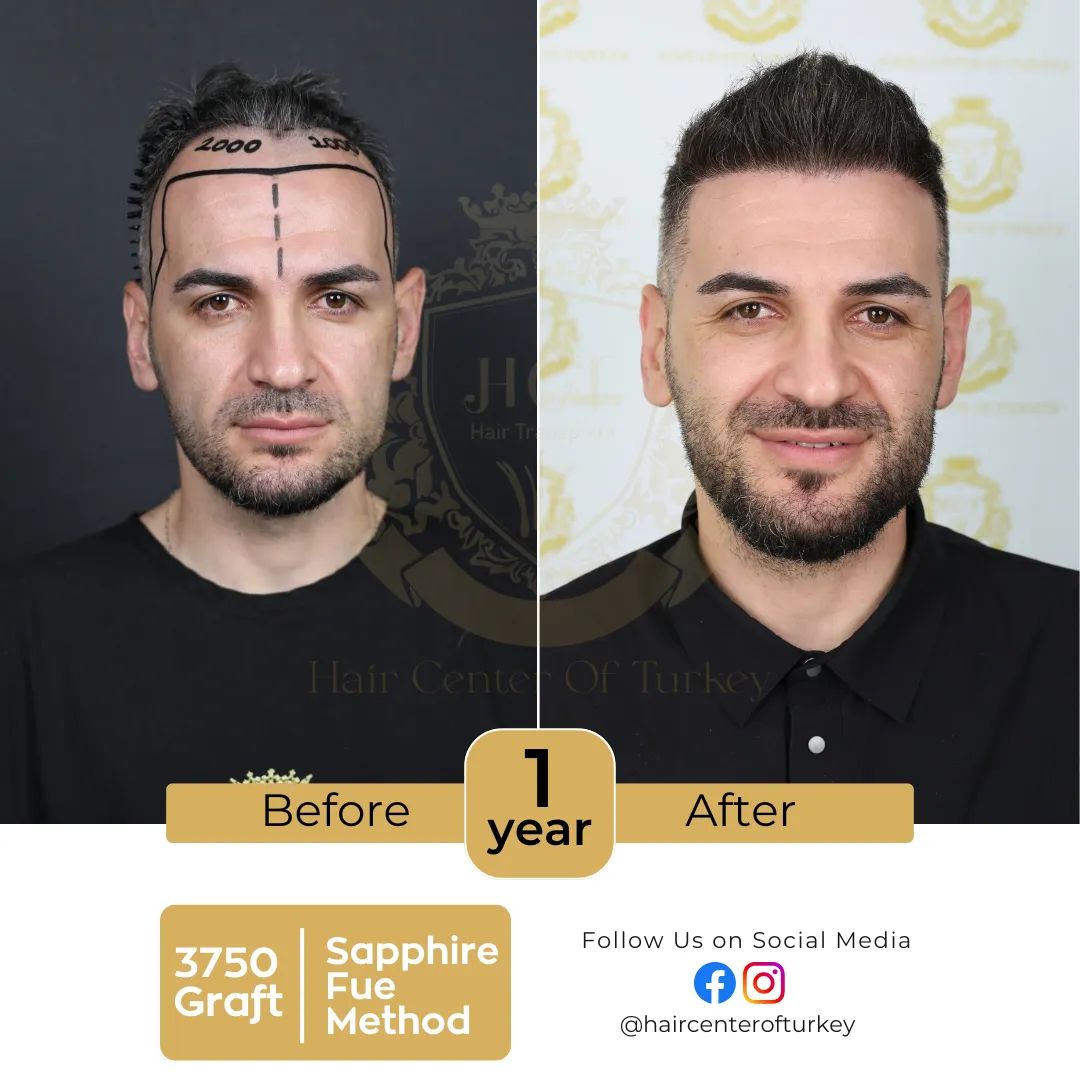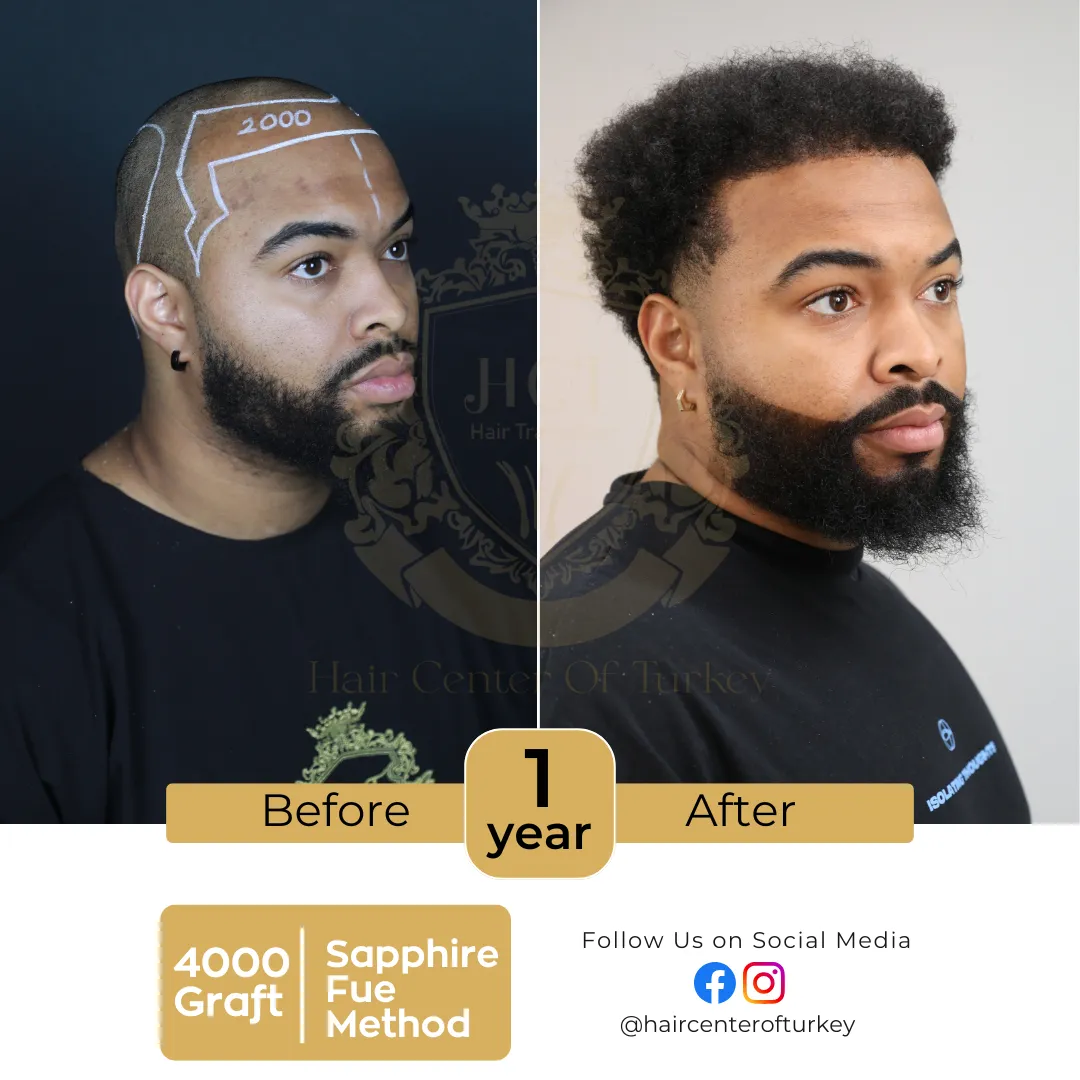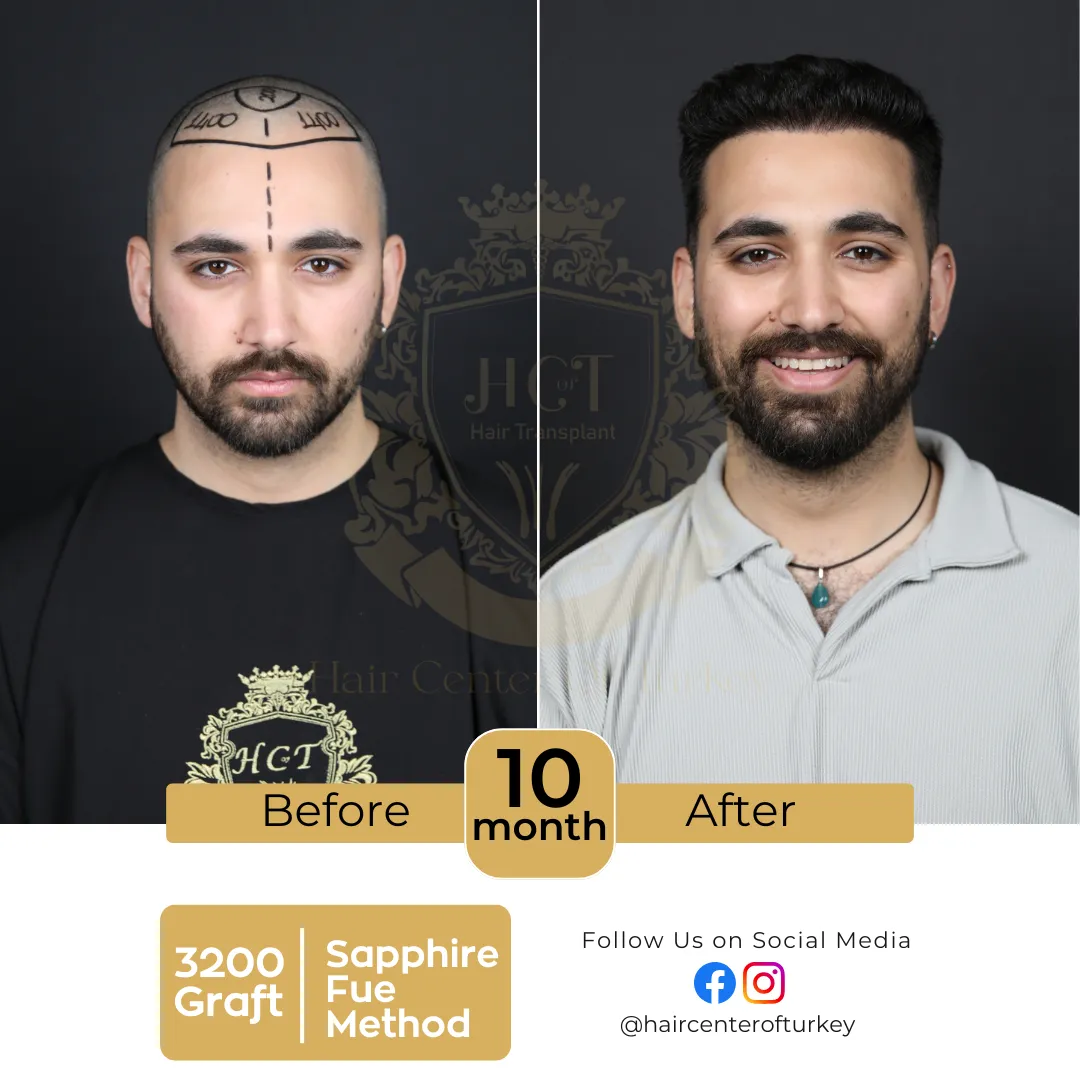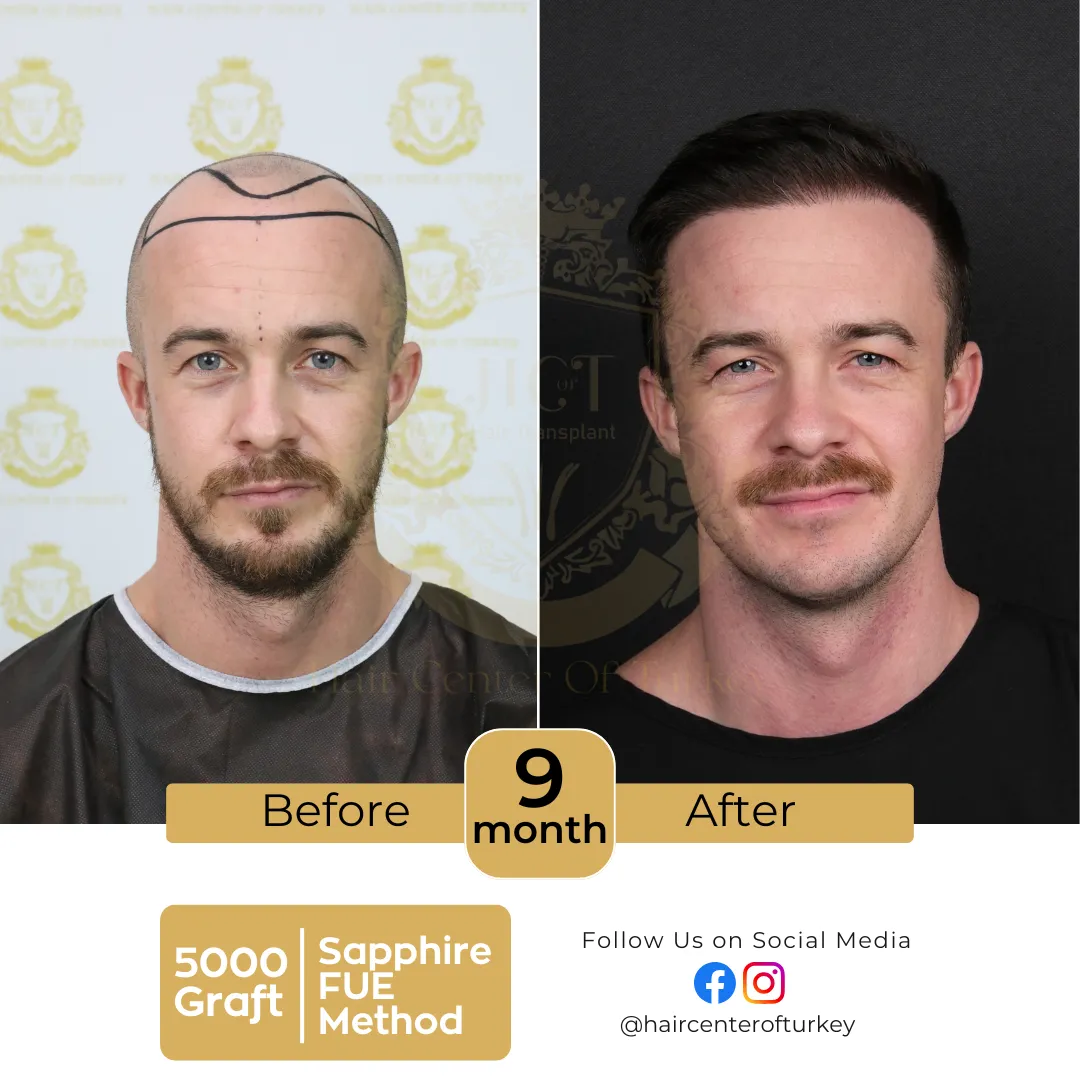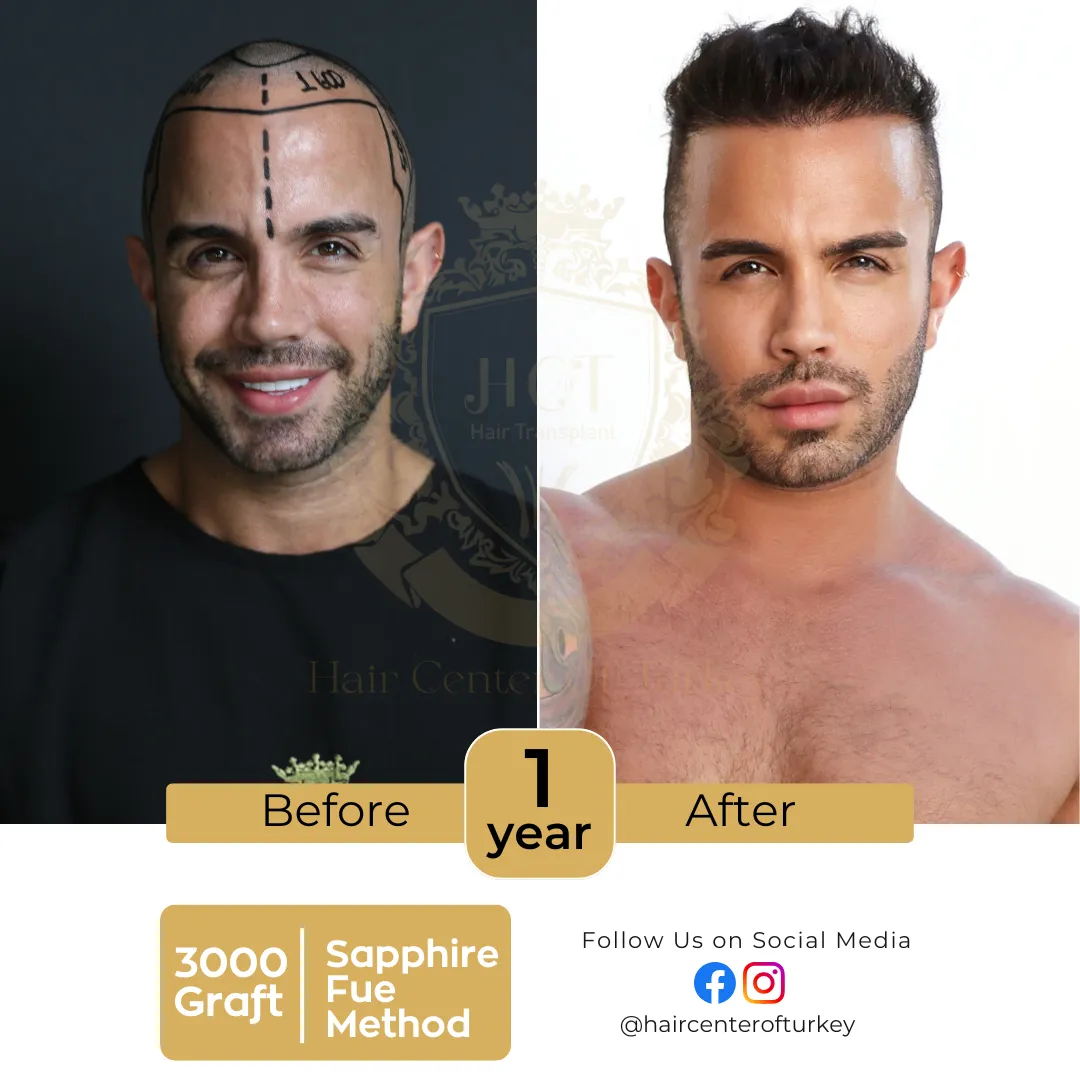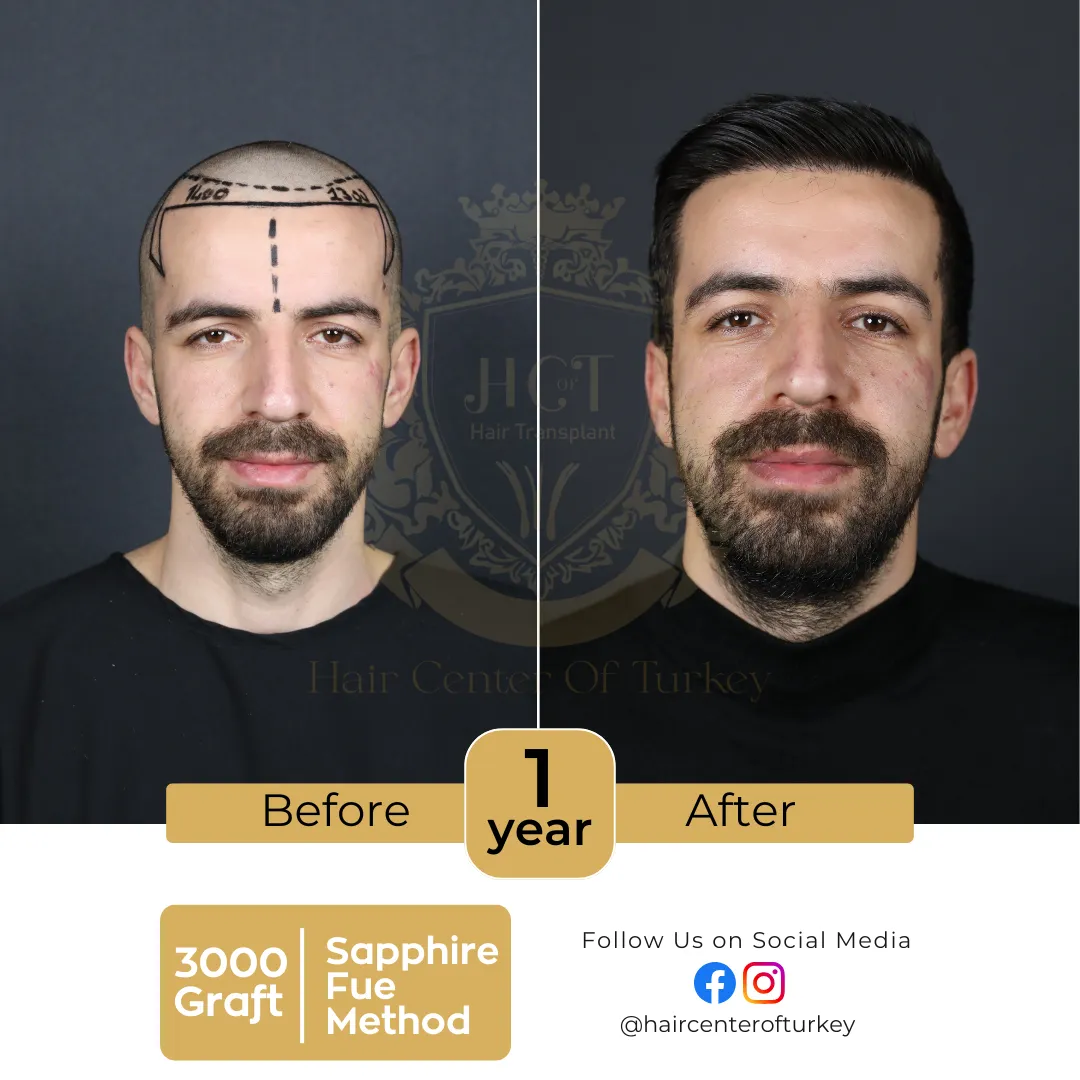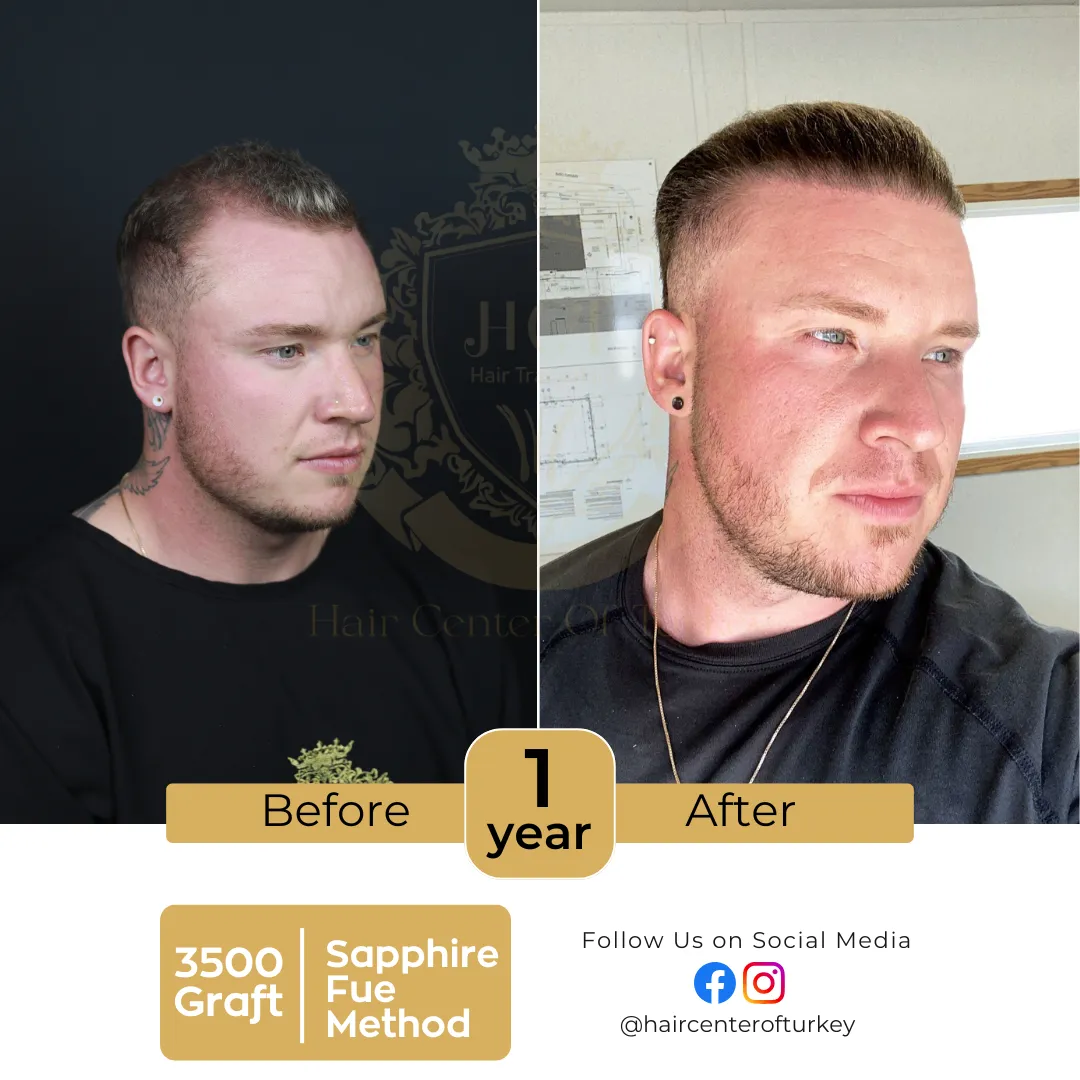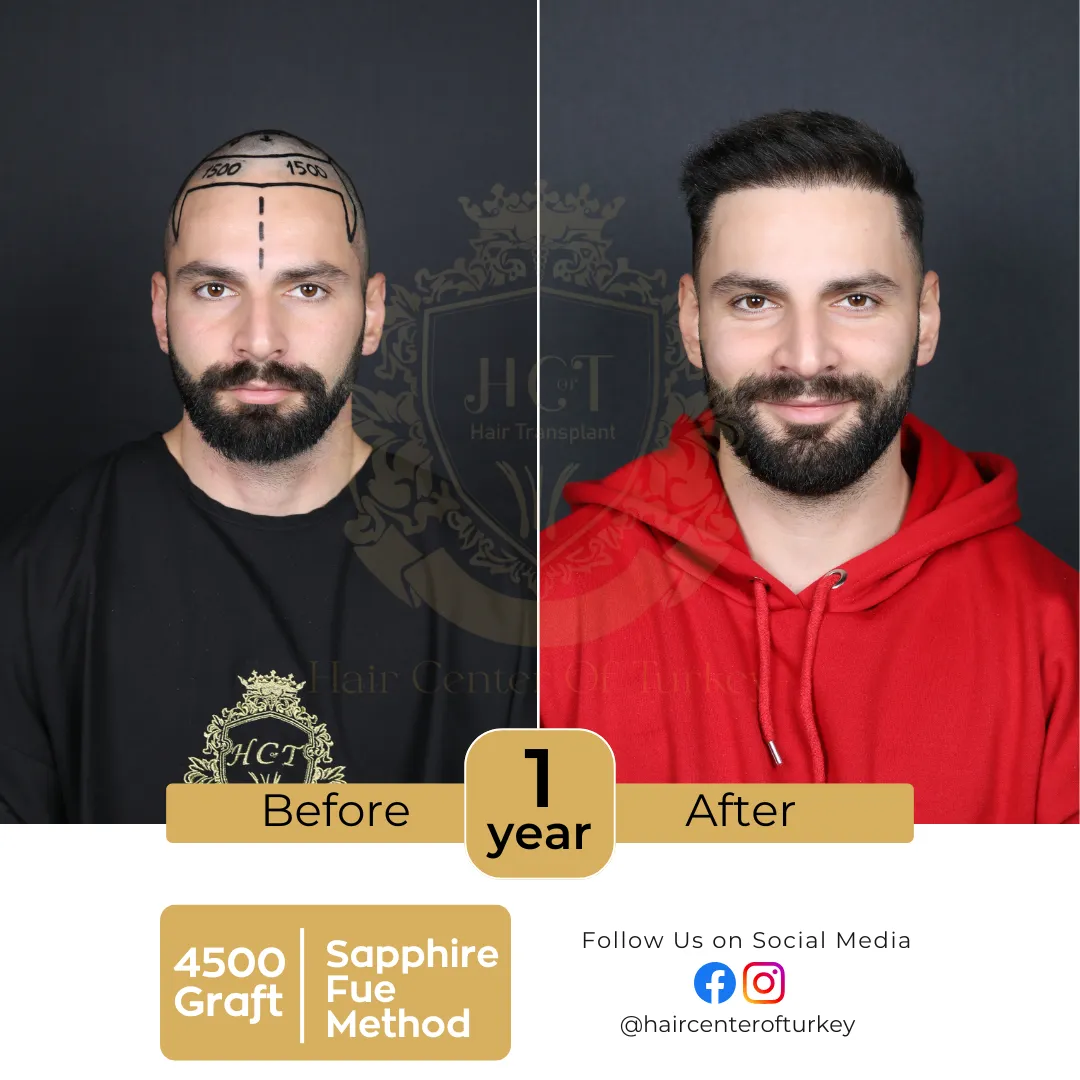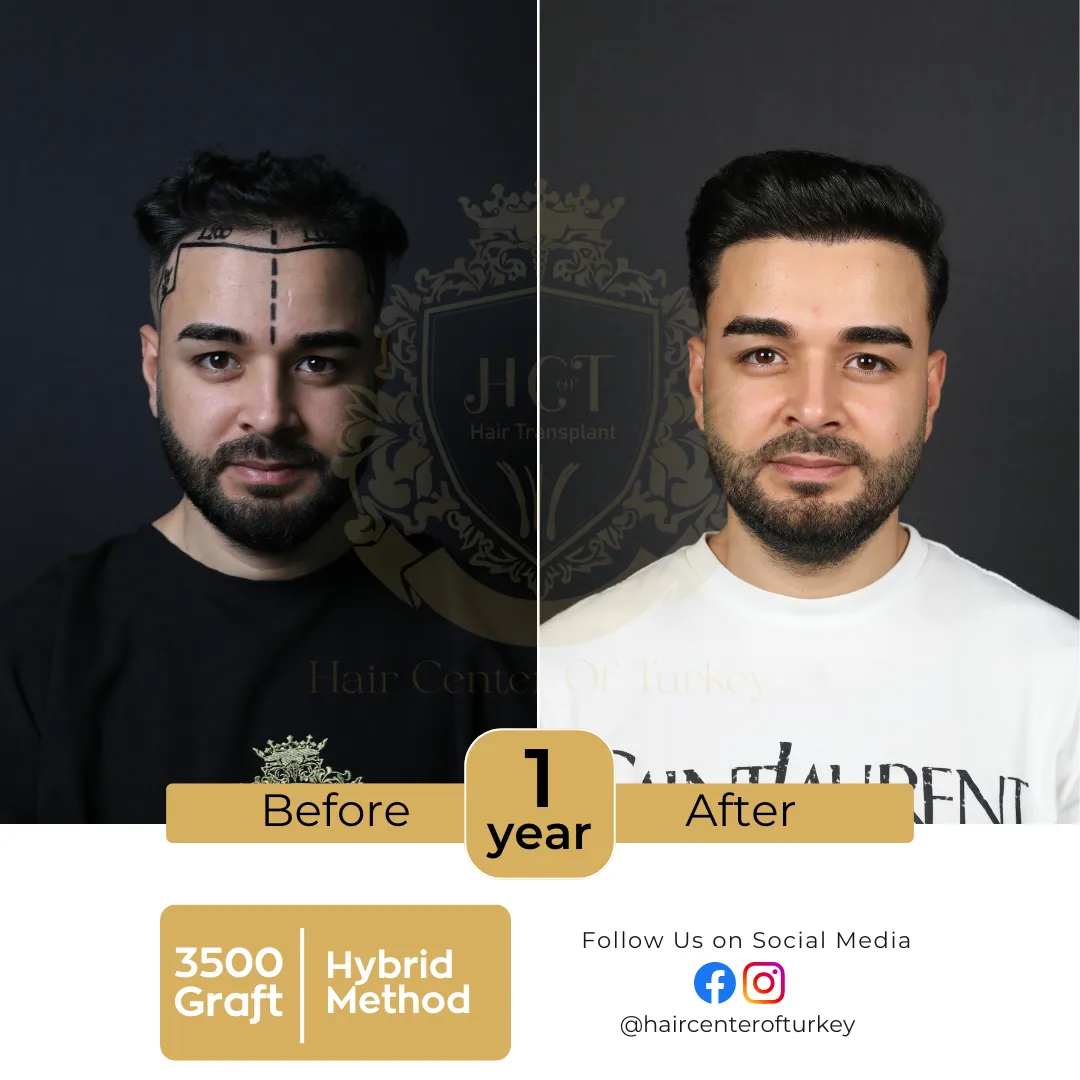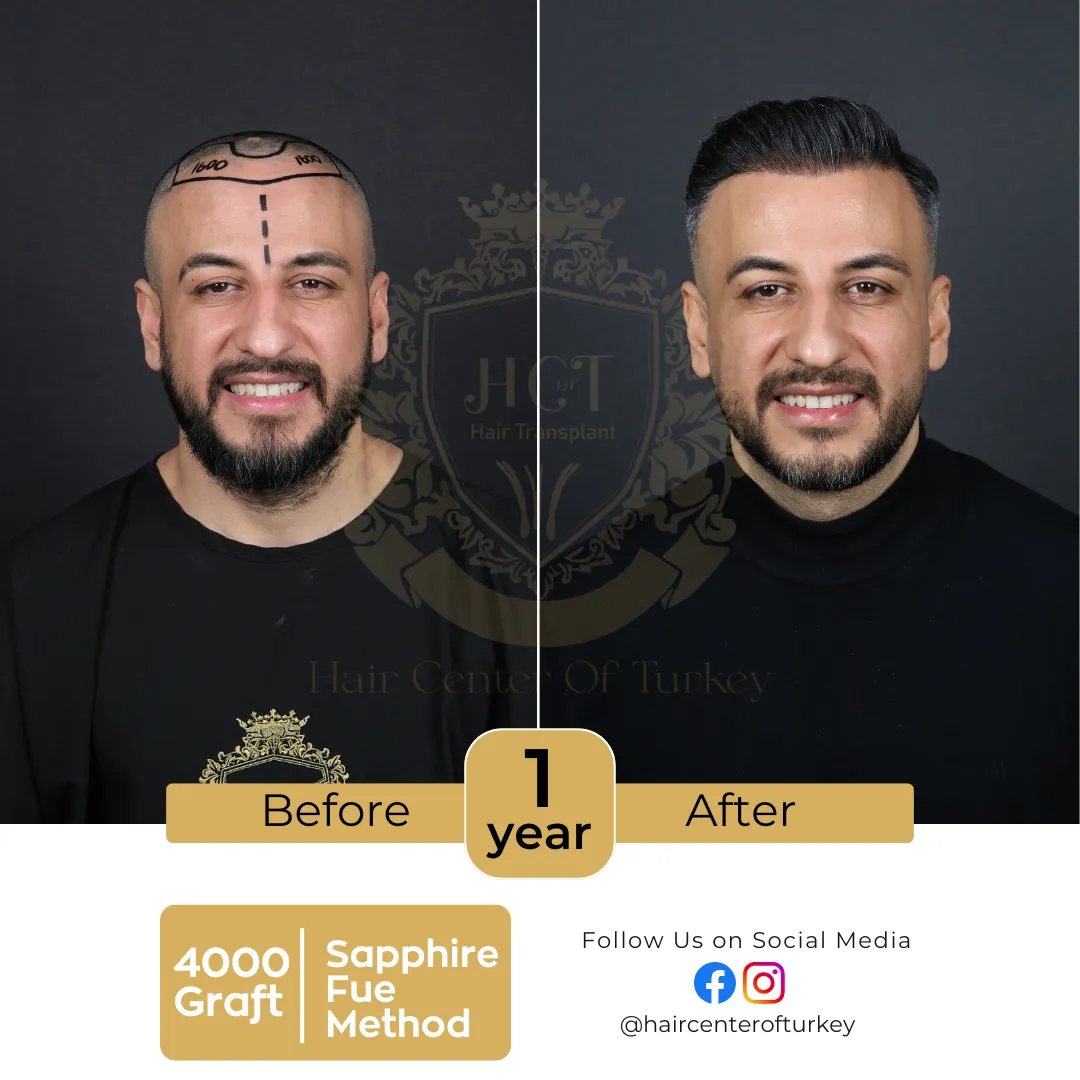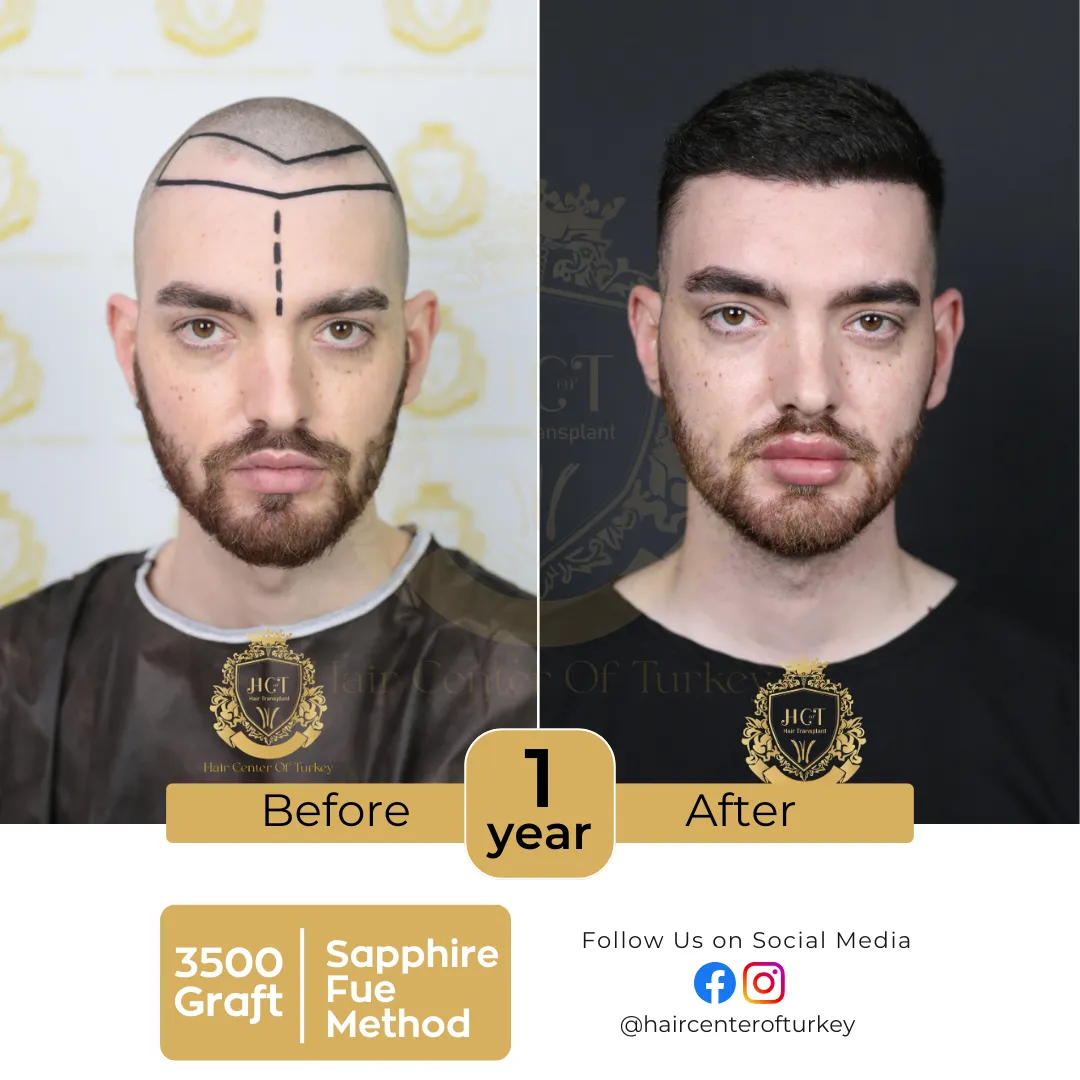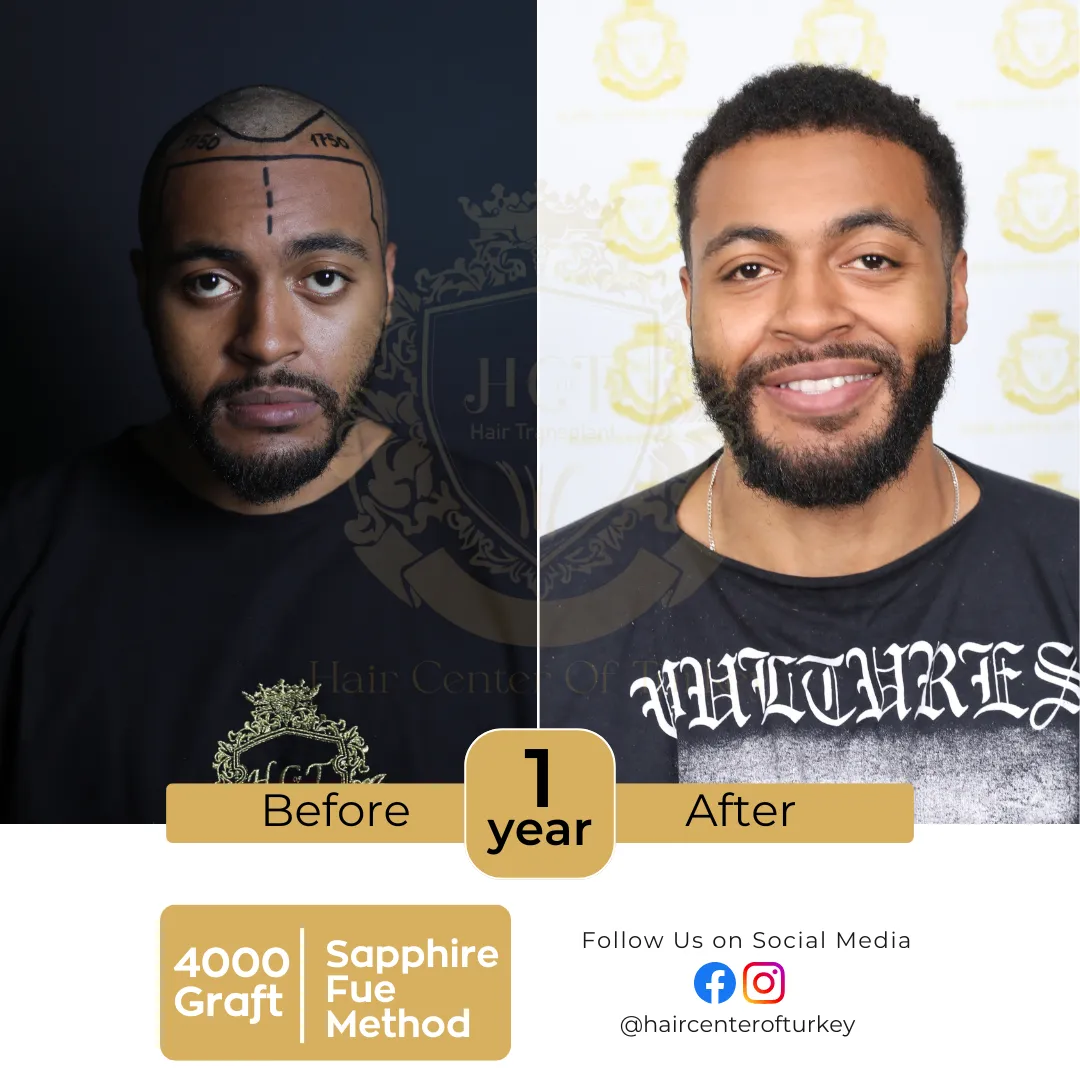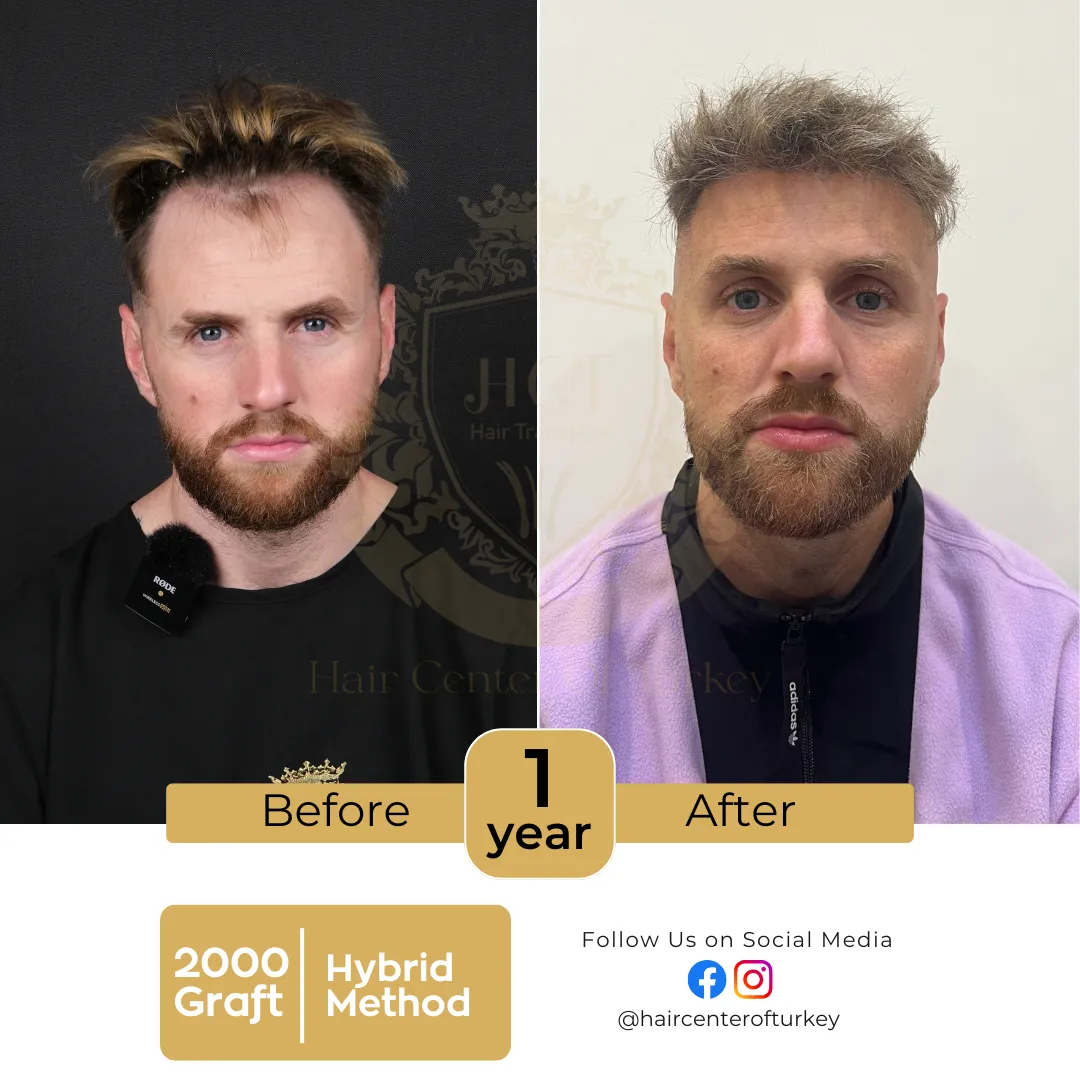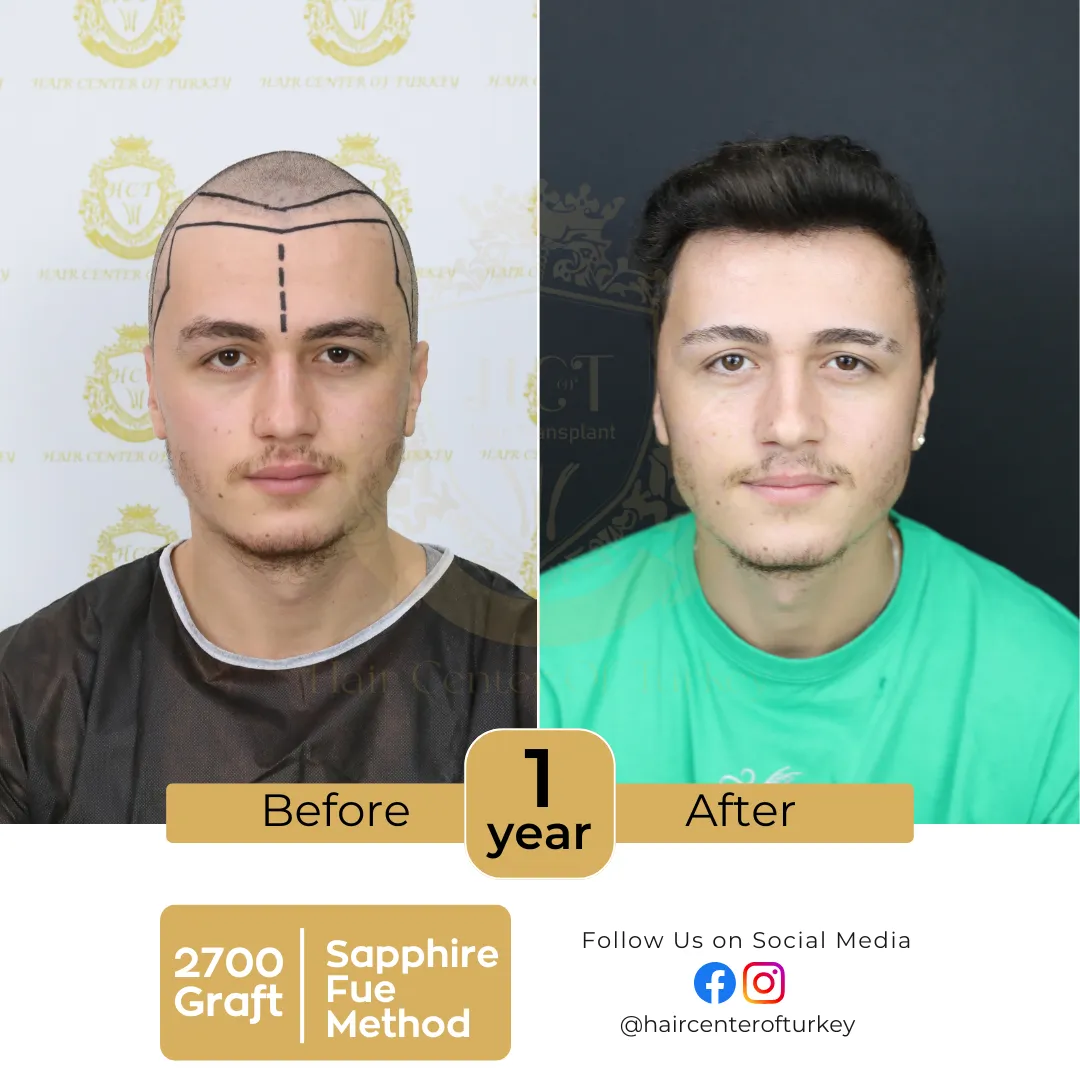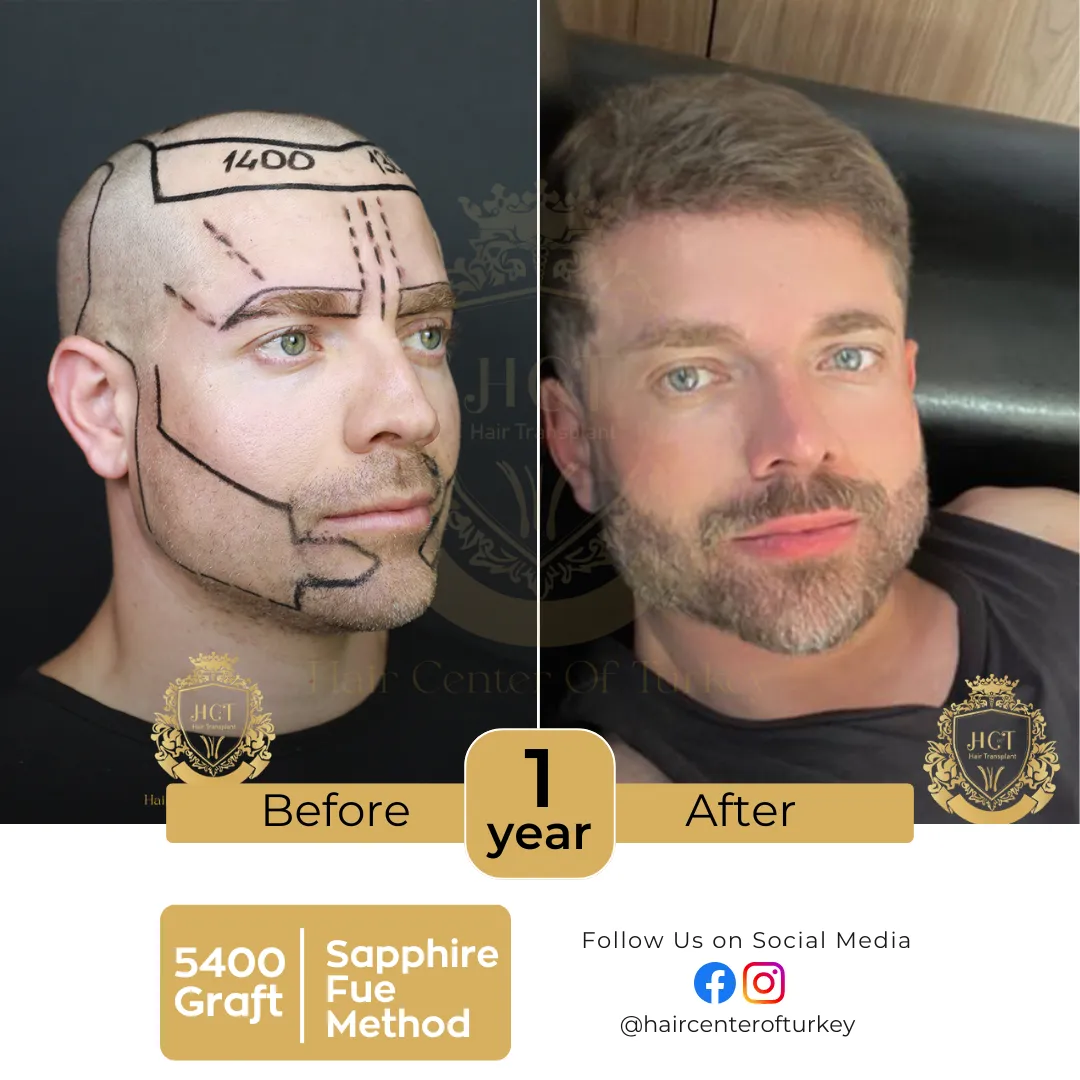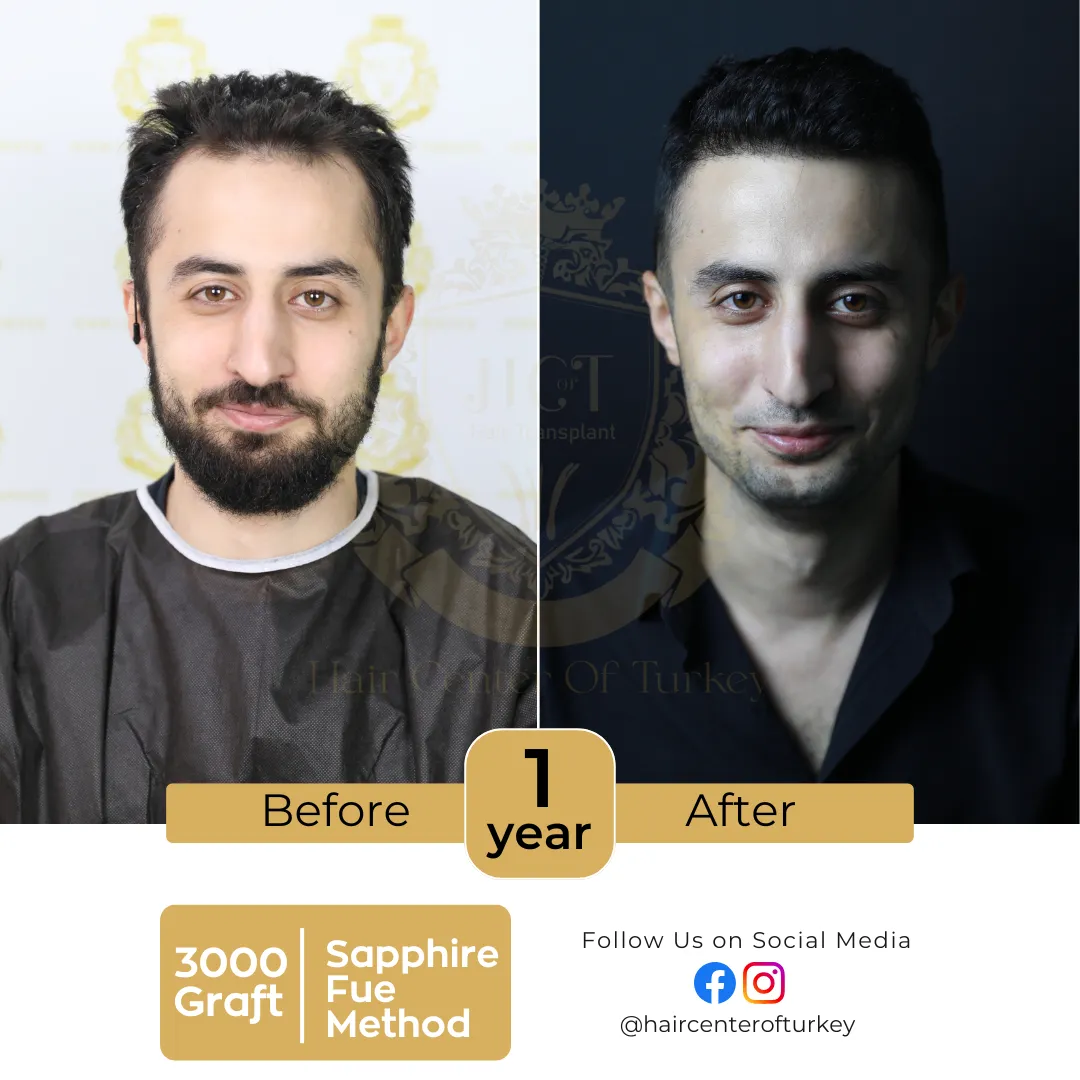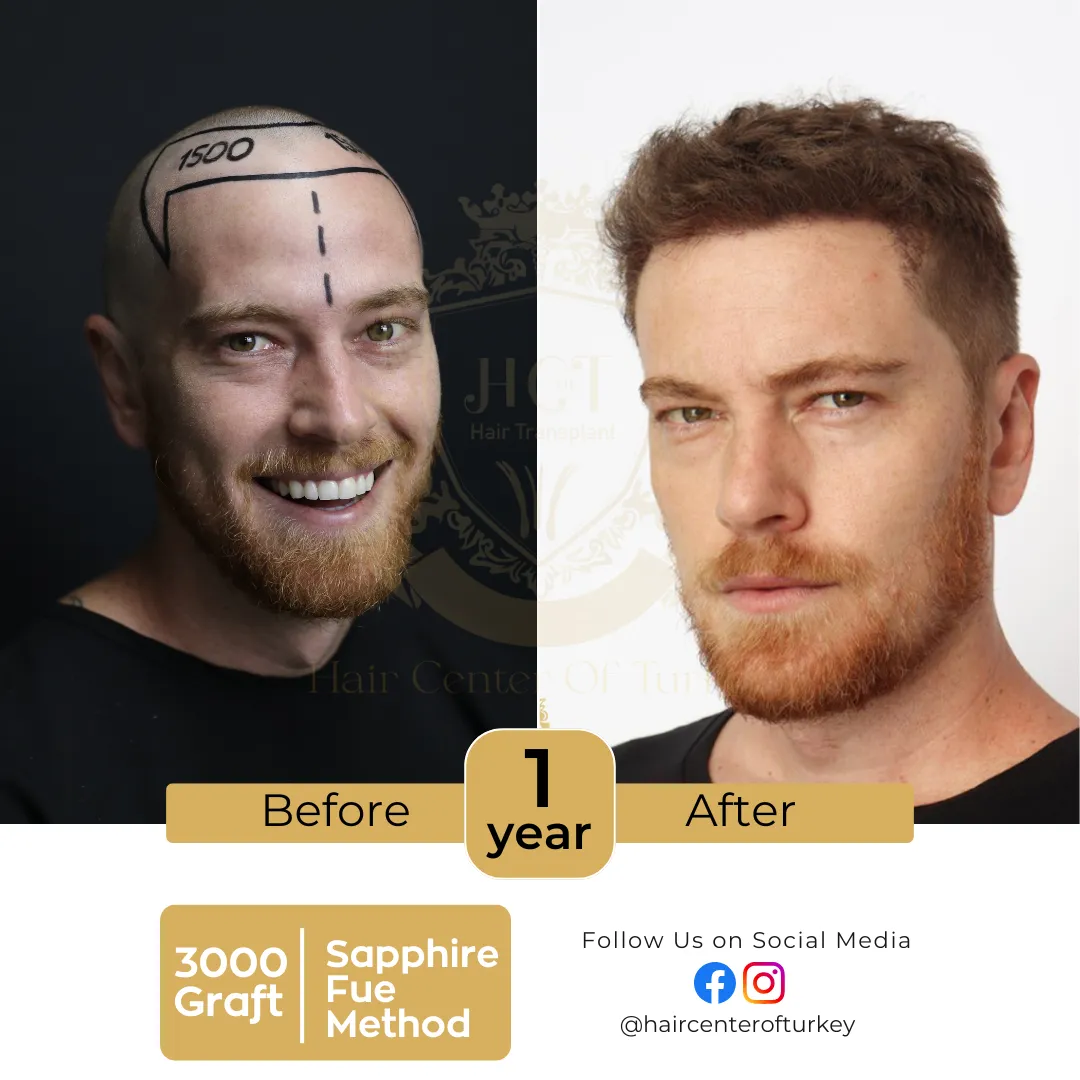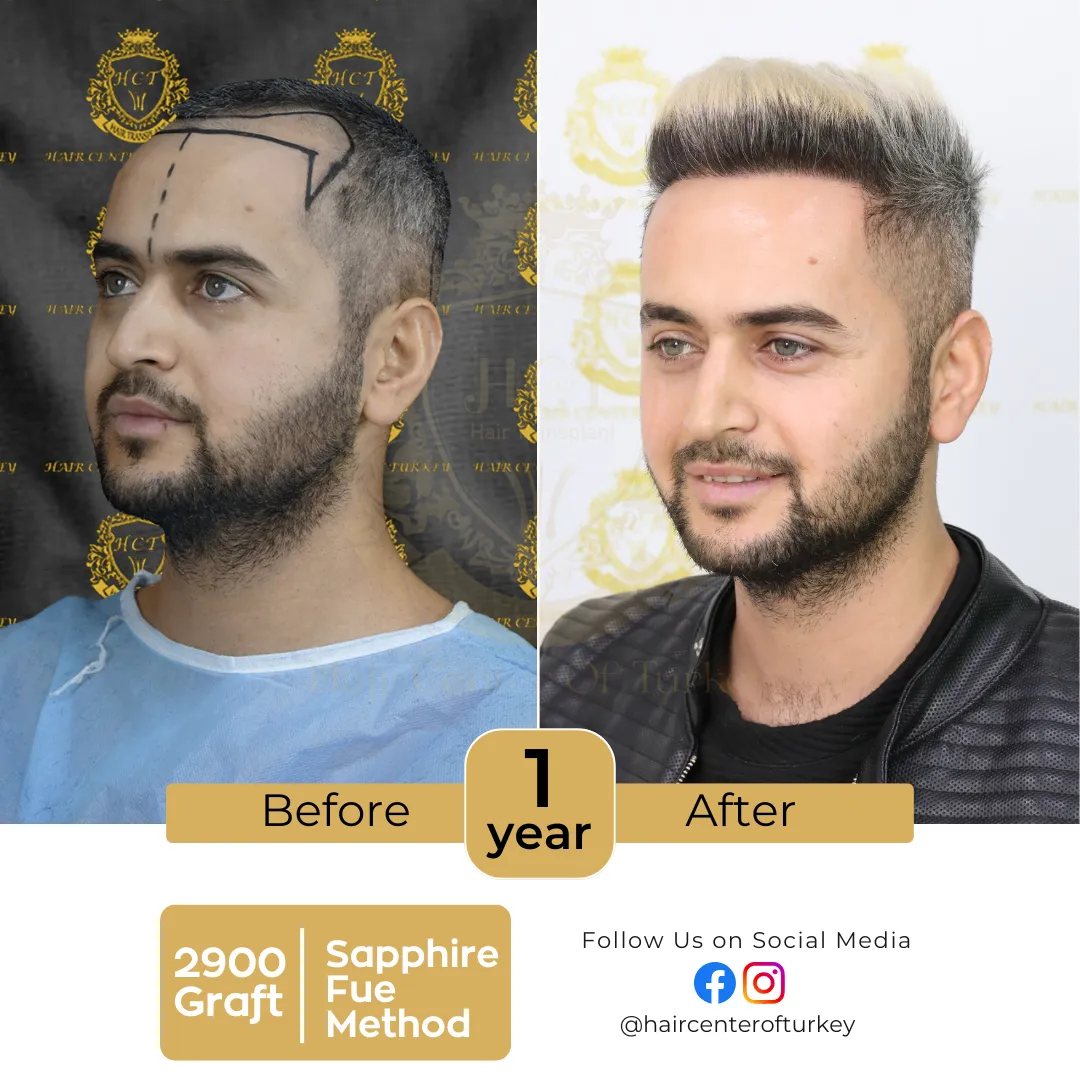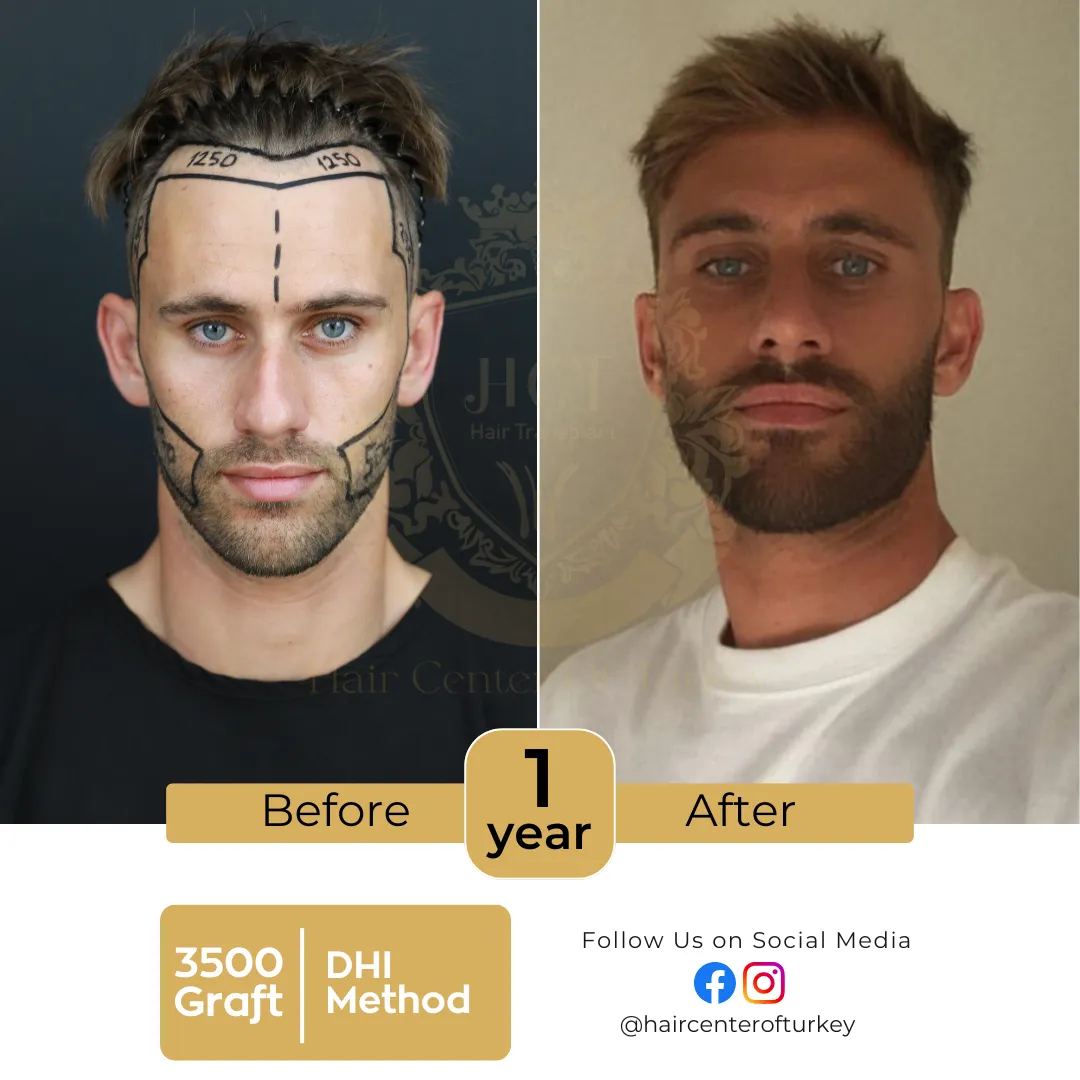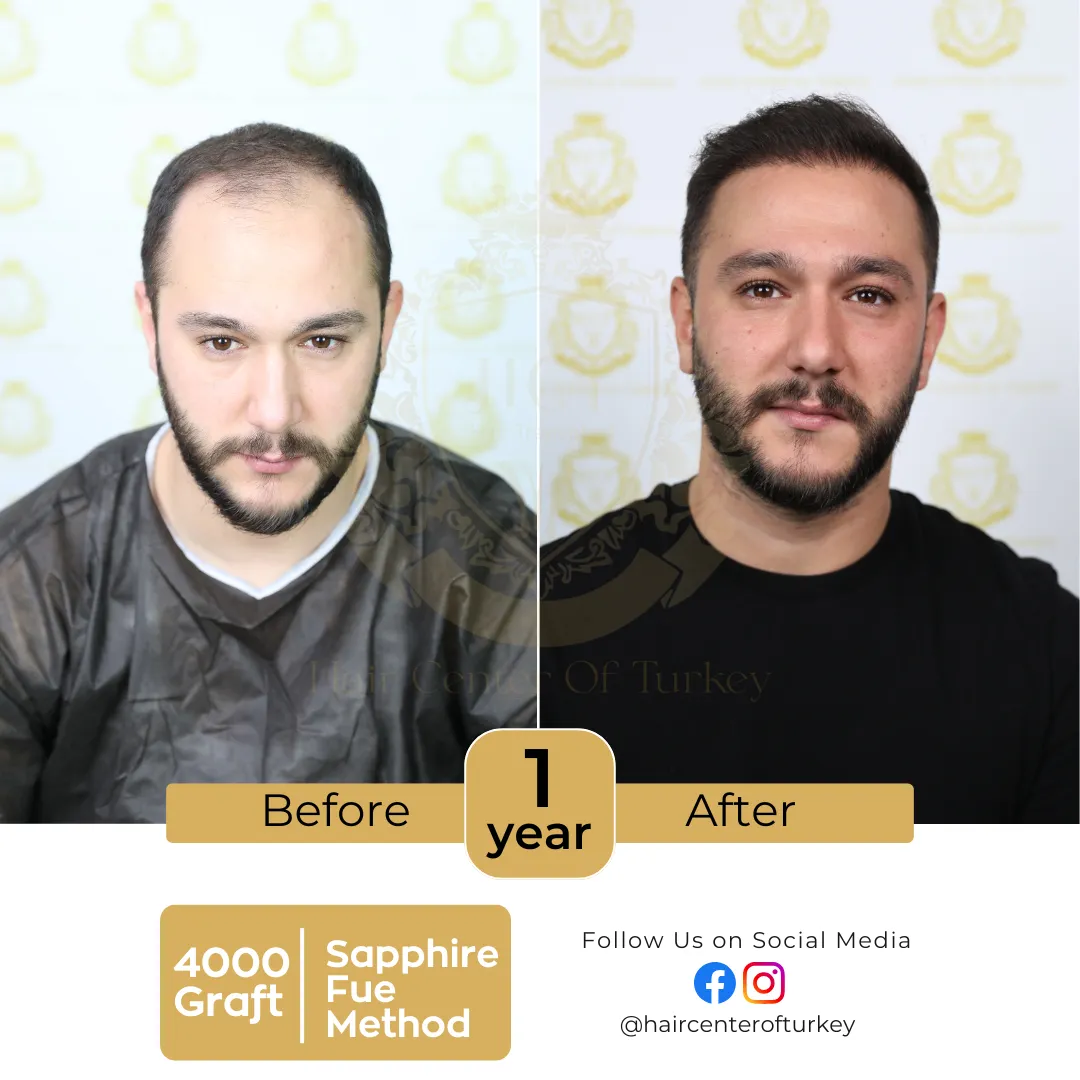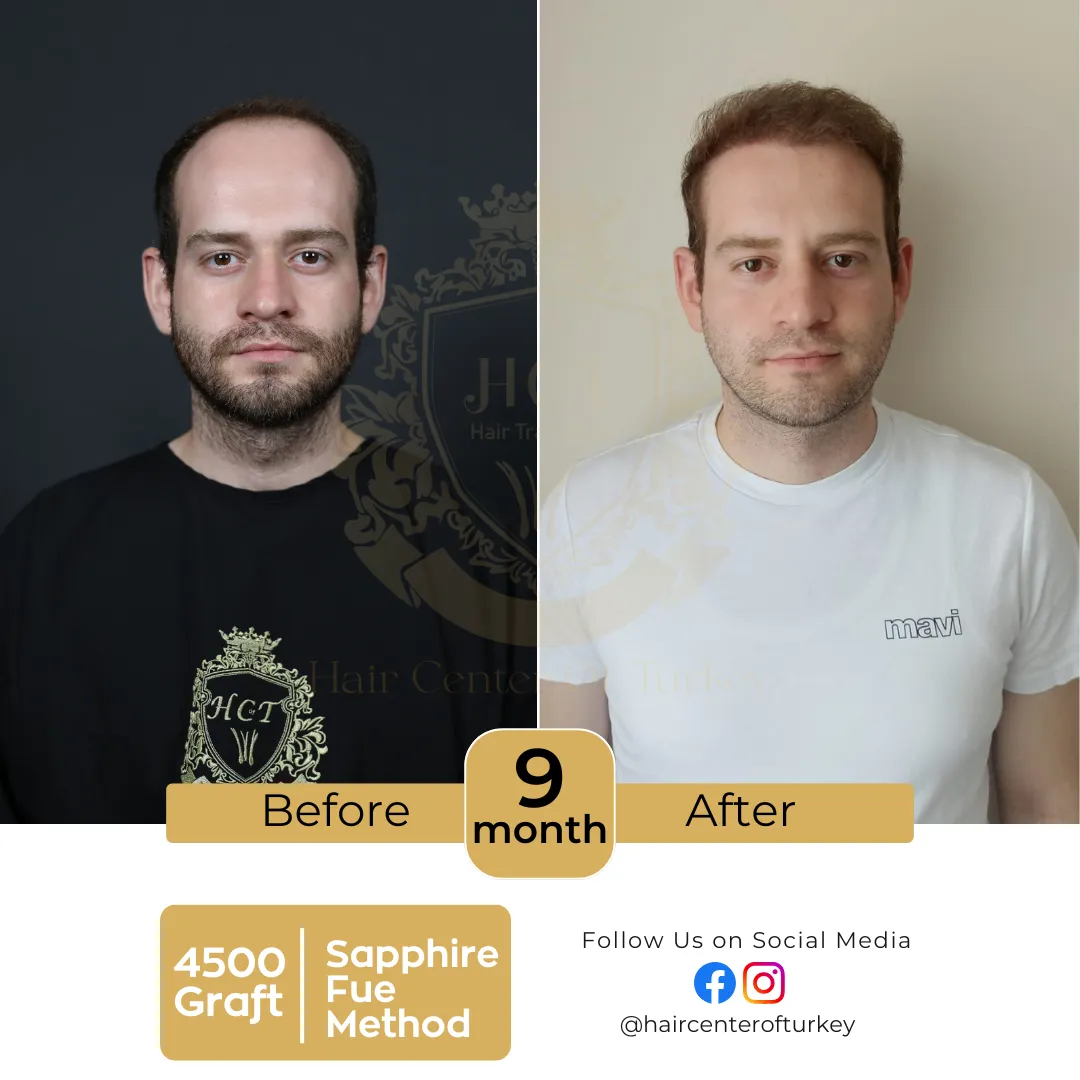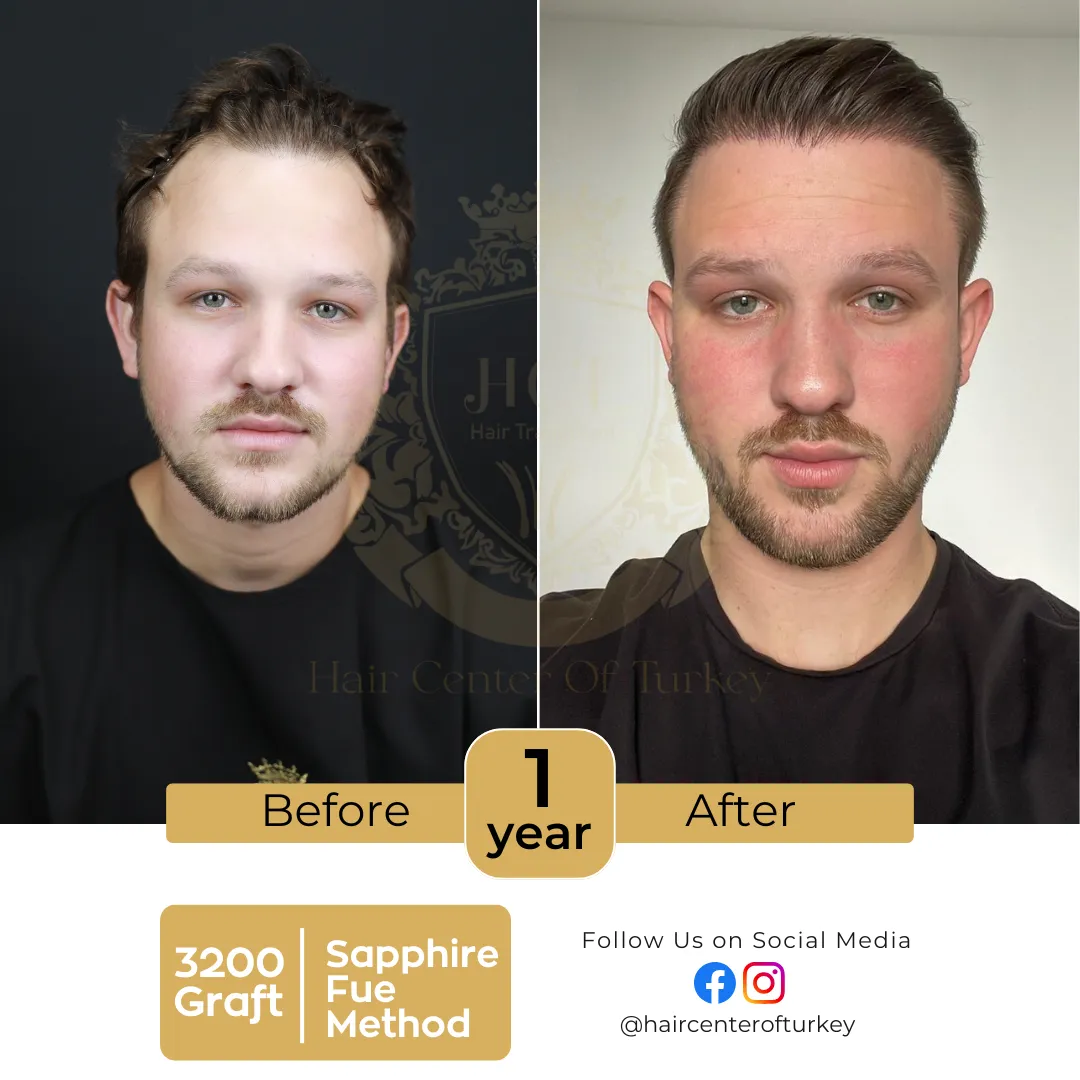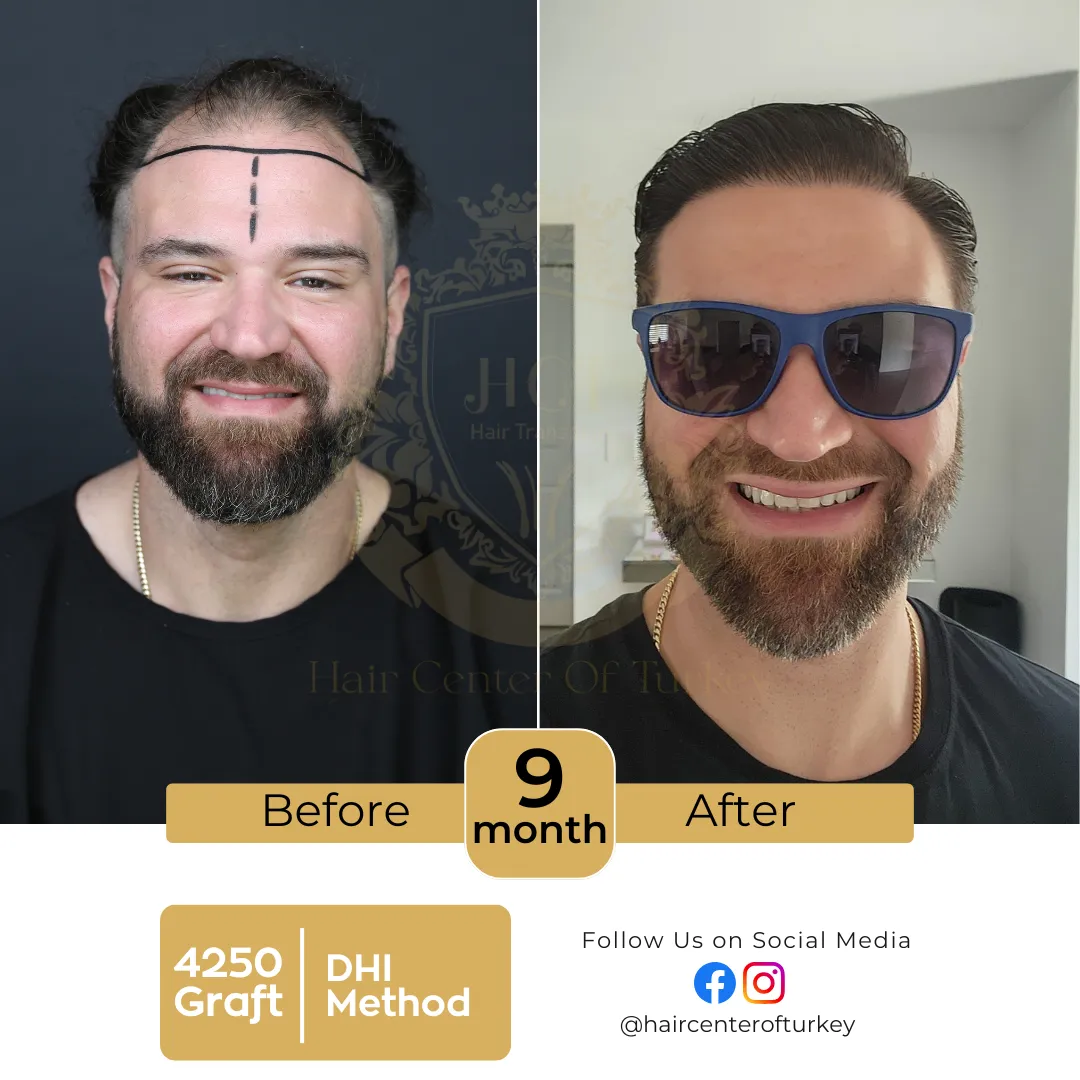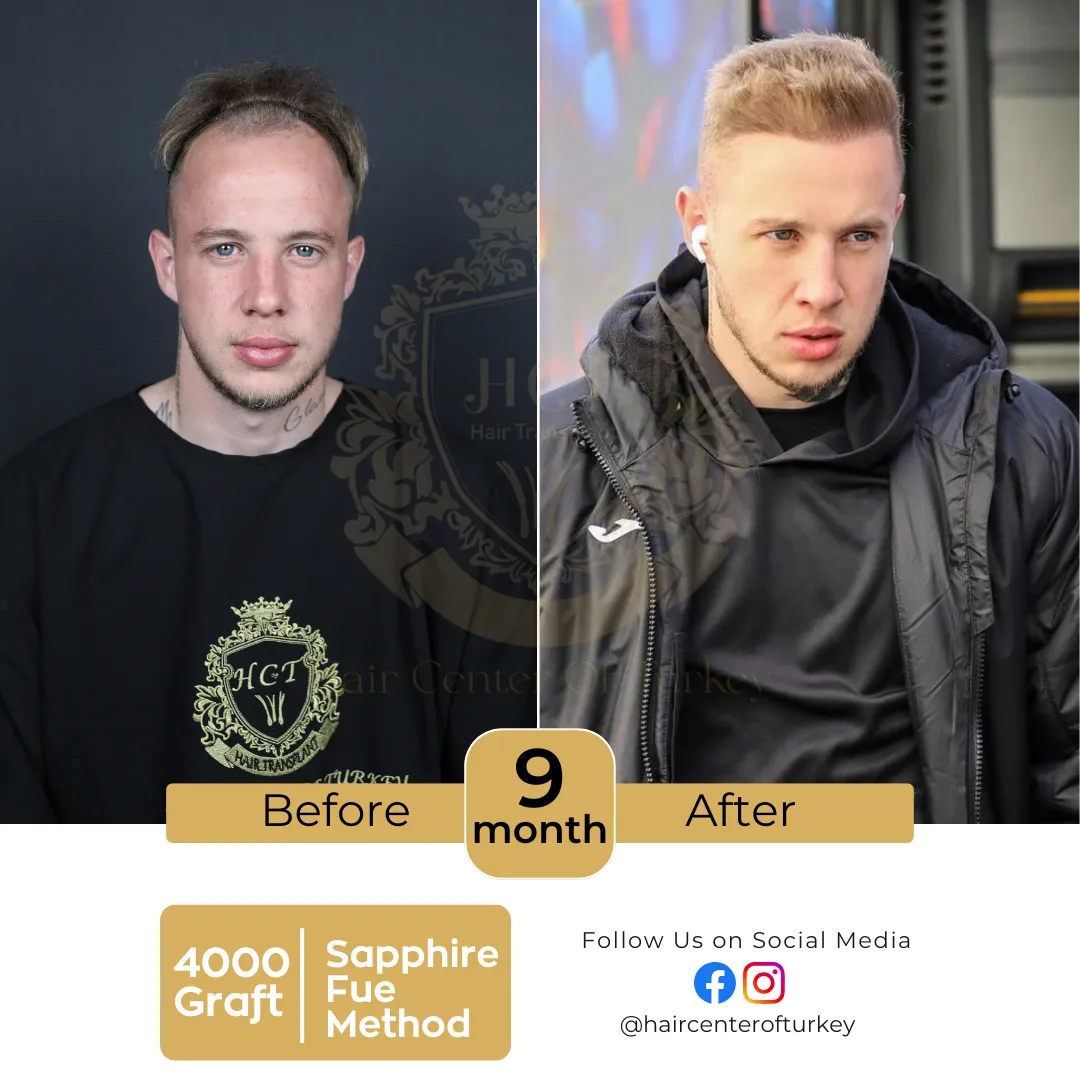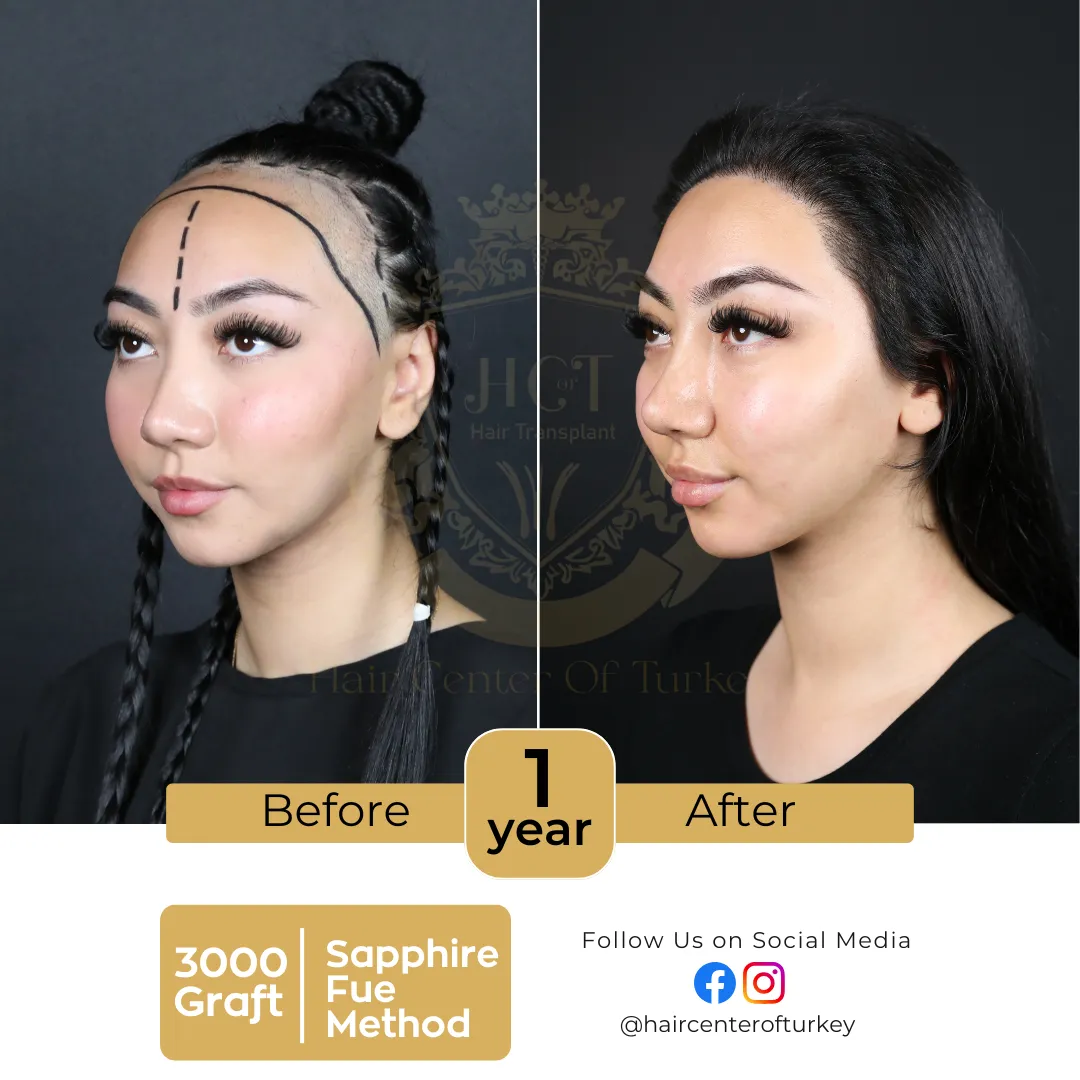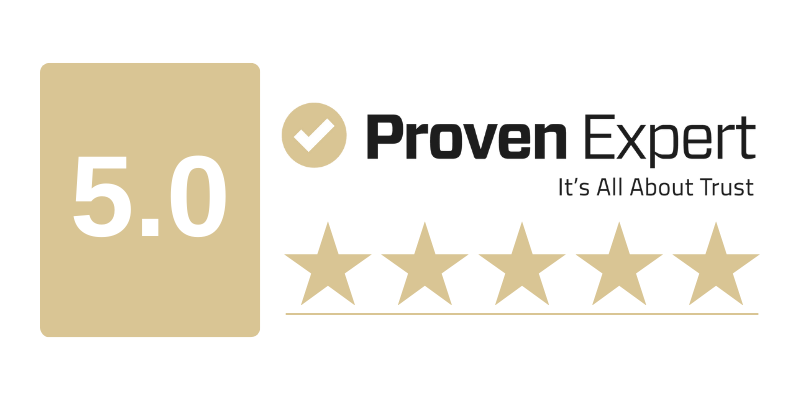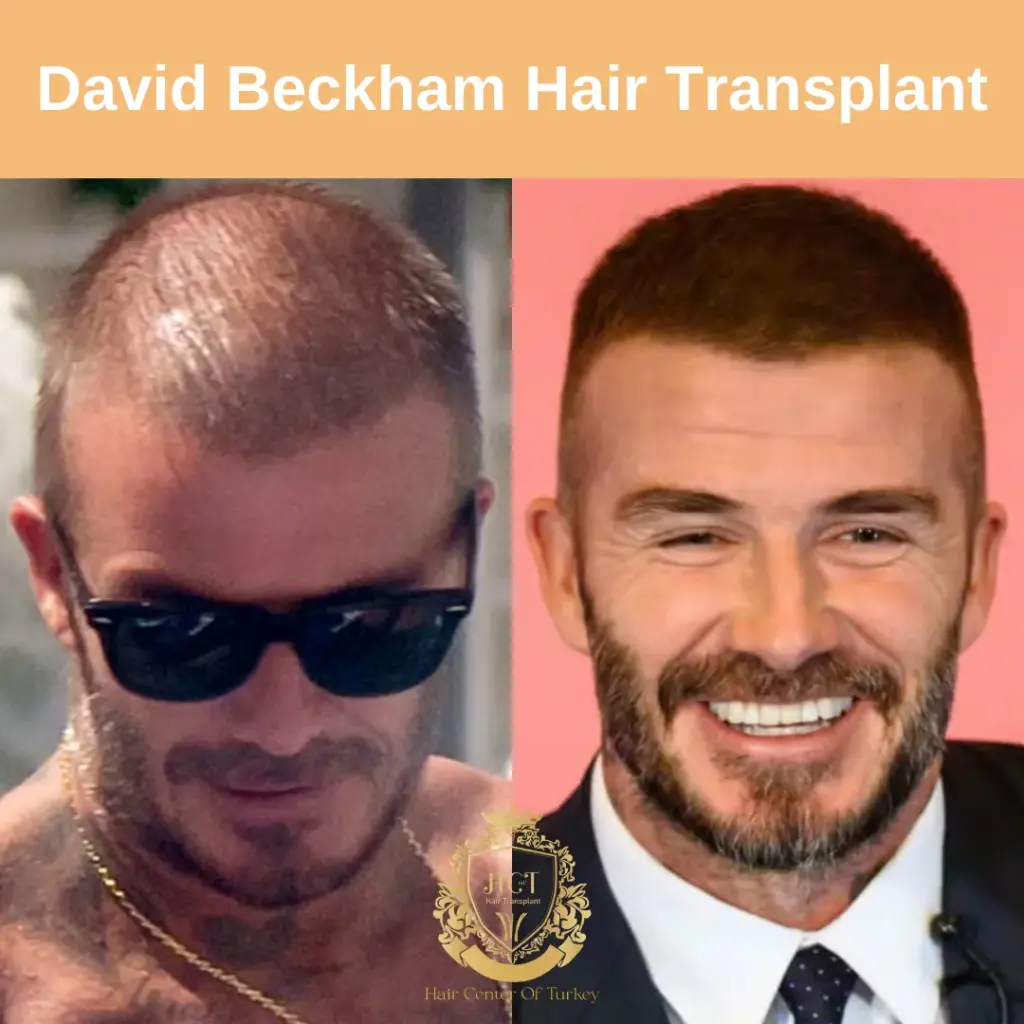Hair Growth Methods at Home?
How Does Hair Grow Fast?
There are numerous natural strategies available to combat hair loss and enhance the health of existing hair. From dietary adjustments and supplements to various home remedies, many people seek ways to stimulate hair regrowth. However, it’s important to note that scientific evidence supporting the effectiveness of these methods may be limited.
A plethora of at-home solutions are commonly suggested for promoting hair regrowth. Despite their popularity, concrete information about the efficacy of these remedies is often scarce. Beliefs surrounding lifestyle changes and natural treatments for hair growth are widespread, yet verifying the accuracy of such claims can be challenging.
In this article, we will explore in depth the methods that have shown potential in genuinely aiding hair regrowth.
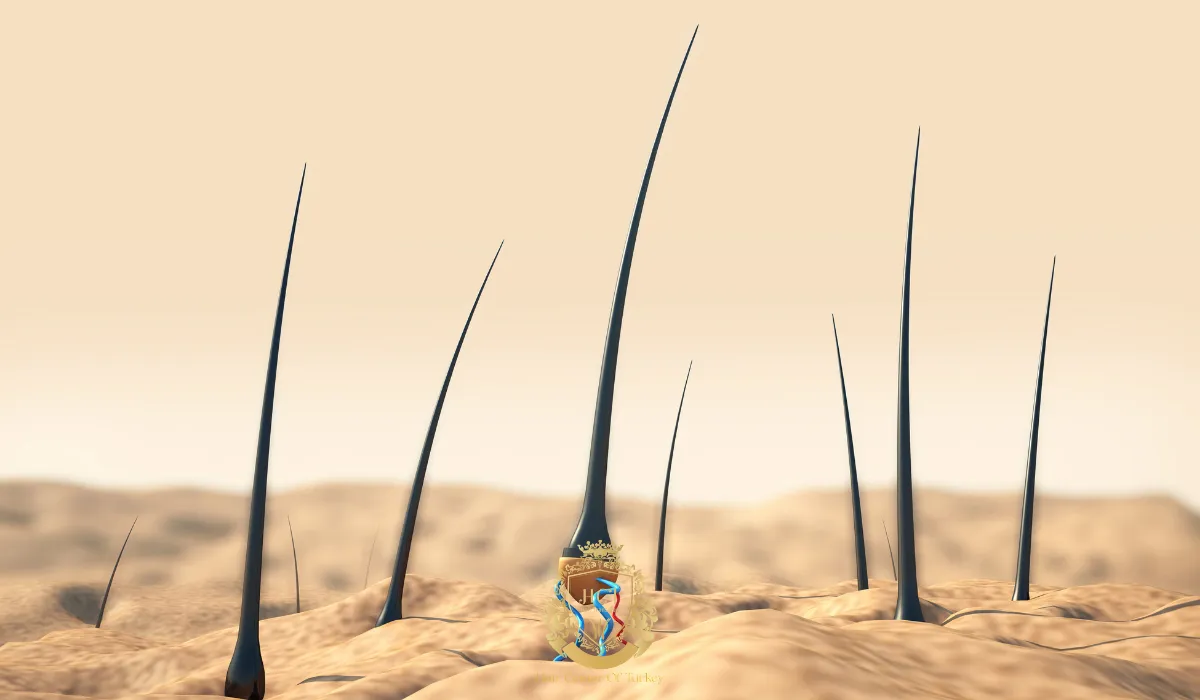
Hair Loss Causes
Each hair has a unique life cycle. Hair strands usually grow for 4-6 years, then enter a resting period and finally fall out. The loss of 50-100 hair strands on a daily basis is considered a completely normal process. However, if hair loss exceeds this amount, especially if there is excess hair left on the hands during bathing or if a few strands come out when you pull the hair, this problem should be taken seriously. Hair loss can have many different causes, so it is important to make the correct diagnosis and determine the appropriate treatment methods. So, what are the causes of hair loss?
In all cases, the best approach is to consult a healthcare professional about the cause of hair loss and appropriate treatment methods.
What are the Fast Hair Growth Methods?
There are some solutions and techniques that people can try to grow hair. So, what are the fast hair regrowth methods?

Hair Care and Cleaning in Hair Growth
There are several misconceptions regarding how hair care practices influence hair loss and regrowth. Understanding these misconceptions can help clarify what truly impacts hair health.
For instance, washing your hair frequently does not contribute to hair loss. In contrast, blow-drying your hair can lead to hair damage and loss due to excessive heat, which can cause the hair to become brittle and dry. Nonetheless, this damage is usually reversible, and the hair will grow back once proper care is resumed.
Hair coloring is another common cause of temporary hair loss. The chemicals involved in hair dyeing can weaken the hair shaft and lead to shedding. However, this type of hair loss is typically temporary, and the hair will regenerate with time and proper care.
Aggressive brushing can also result in hair damage, potentially leading to hair loss. Additionally, hairstyles that apply significant tension to the hair, such as tight braids, ponytails, or cornrows, can cause strain on the follicles, contributing to hair shedding.
Contrary to popular belief, hair care products like styling mousse, gels, or hairsprays do not directly cause hair loss.
By avoiding these potential pitfalls and following a balanced hair care routine, individuals can maintain healthy hair and promote faster regrowth.
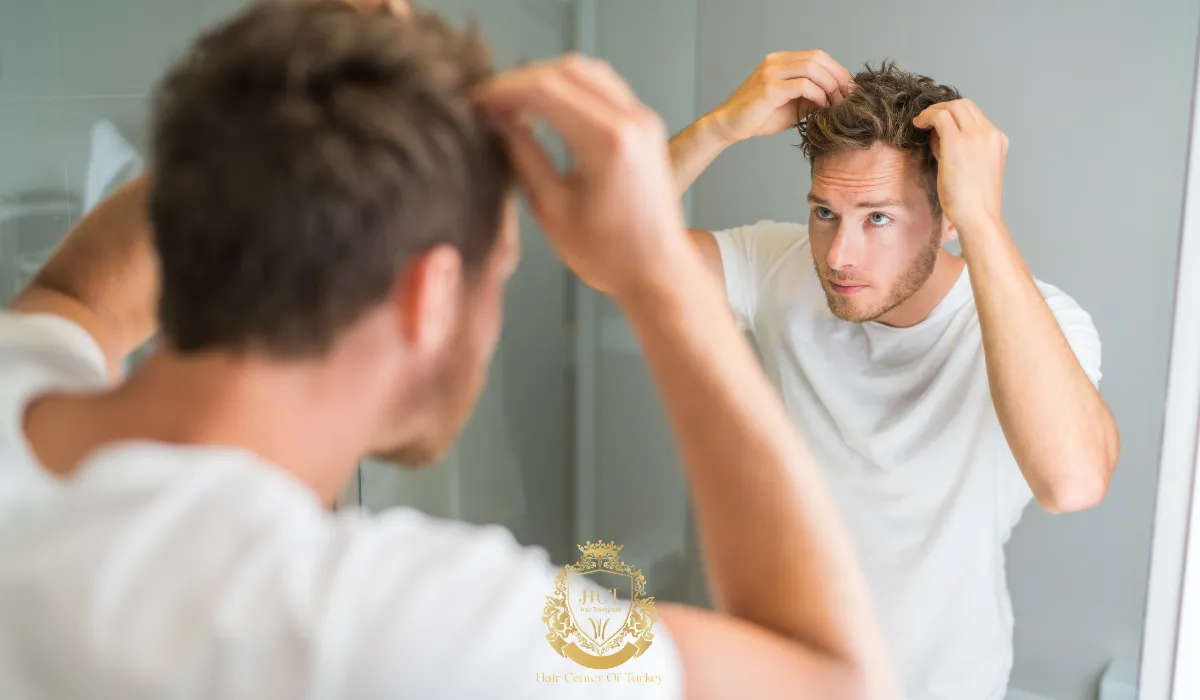

How should massage be done in hair growth?
Recent research has revealed an intriguing benefit of scalp massage: it can significantly enhance hair thickness. In a study involving men, participants received regular scalp massages over a 24-week period. While the rate of hair growth did not show improvement, the thickness of their hair increased notably.
The researchers suggest that this effect might be linked to improved blood circulation and the direct stimulation of hair follicles. By increasing blood flow to the scalp, scalp massage may nourish the hair follicles and promote a healthier environment for thicker hair development.
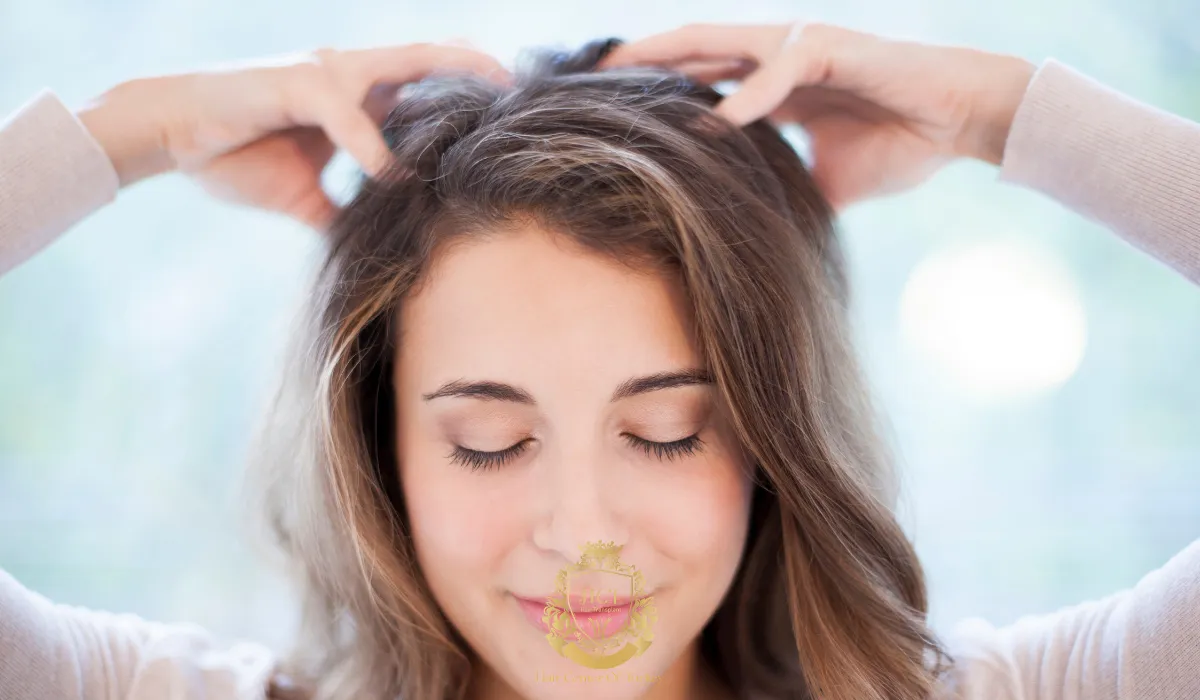

How Should Proper Nutrition be for Hair Growth?
Nutrition plays a crucial role in hair health, and its impact on hair loss is significant. People who do not maintain a balanced and healthy diet are more prone to experiencing hair loss. But what exactly should we eat to combat this issue?
Iron: Iron deficiency is the most common nutritional deficiency worldwide and is a well-known cause of hair loss. Women going through perimenopause and menopause, as well as vegans, vegetarians, and individuals with conditions like celiac disease, are particularly at risk. Studies on mice have shown that correcting iron deficiency can help restore hair growth.
Zinc: Zinc deficiency is directly linked to brittle hair and hair loss. Increasing zinc levels has been associated with hair regrowth. However, it remains unclear whether zinc supplementation benefits individuals without a diagnosed deficiency.
Fatty Acids: Essential fatty acids are vital for maintaining healthy hair. A deficiency in these nutrients can lead to hair loss on the scalp and even eyebrows.
While proper nutrition is key to preventing hair loss and encouraging rapid hair growth, it’s important to be mindful of not over-supplementing certain nutrients.
Excessive intake of vitamin A, vitamin E, and selenium, for example, can actually contribute to hair loss. Therefore, it’s advisable to consult with a specialized dietitian to create a balanced and healthy diet tailored to your needs.


The Effect of Stress on Hair Health
Stress and hair loss are closely intertwined. When the body experiences significant physical or emotional trauma, it can trigger a shock response that affects the hair follicles, causing them to halt their growth phase. This can lead to noticeable hair thinning or shedding. By effectively managing and reducing stress, it’s possible to encourage hair follicles to resume normal growth, promoting faster and healthier hair regrowth.

What Should Be Used for Hair Loss?
Some medications may be recommended to slow down hair loss and prevent hair loss. However, it is very important for the person to consult a specialist before using the medication. Otherwise, some side effects may occur. So, what should be used for hair loss?

Red Ginseng Effective in Hair Growth
In some cases, the use of red ginseng, which can be taken as a supplement, is known to stimulate hair growth.
Exactly how this happens is unclear. However, some researchers think that this may be due to indirect stimulation of the hair follicles.
Before taking any supplement, it is important to make sure that it will not interact with any medications or existing conditions.


Does Fatty Acid Grow Hair?
The omega-6 fatty acid arachidonic acid has been shown to stimulate hair growth by helping to speed up the production of follicles.


Natural Hair Supplement Viviscal
This natural hair growth supplement promotes hair growth in women experiencing temporary thinning. However, it reduces hair loss.

Hair Loss Preventive Geranium Oil
Using geranium oil as a treatment significantly promotes hair growth and can prevent hair loss. People can apply this ingredient by mixing a few drops into a shampoo or conditioner.
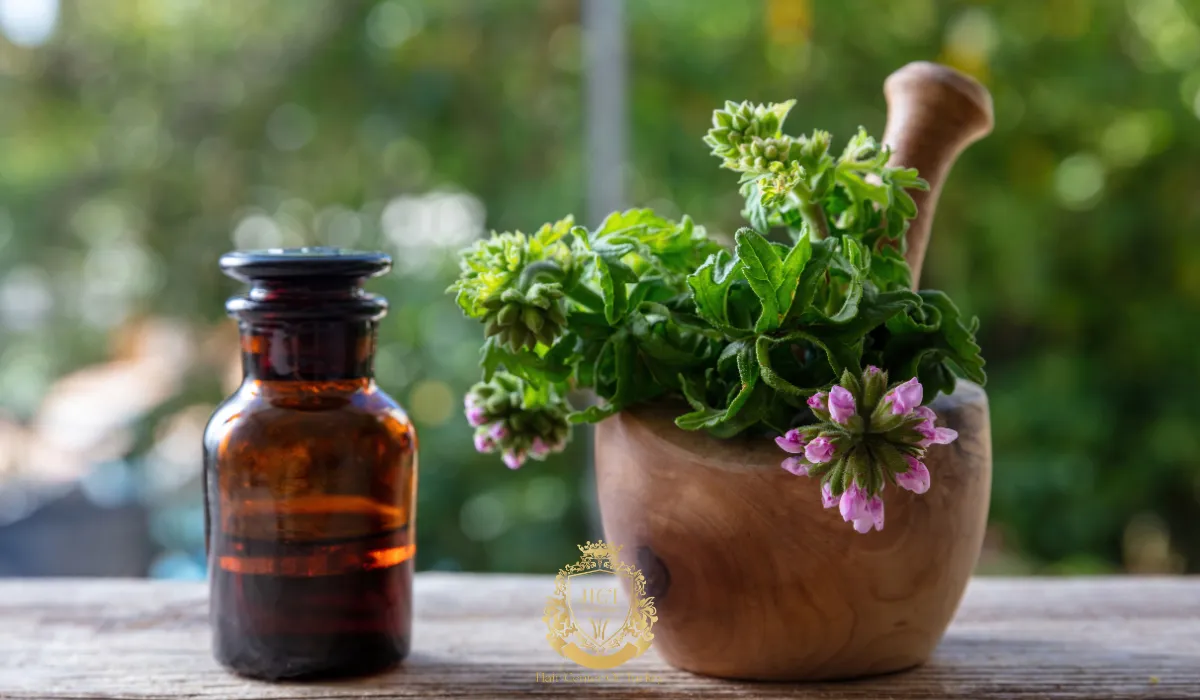

Protein Source Coconut Oil:
Coconut oil is widely used to treat damaged hair of various types. Because it can penetrate the hair fiber, it significantly reduces protein loss in both damaged and undamaged hair.
Coconut oil can be used as a pre-wash and post-wash hair product.
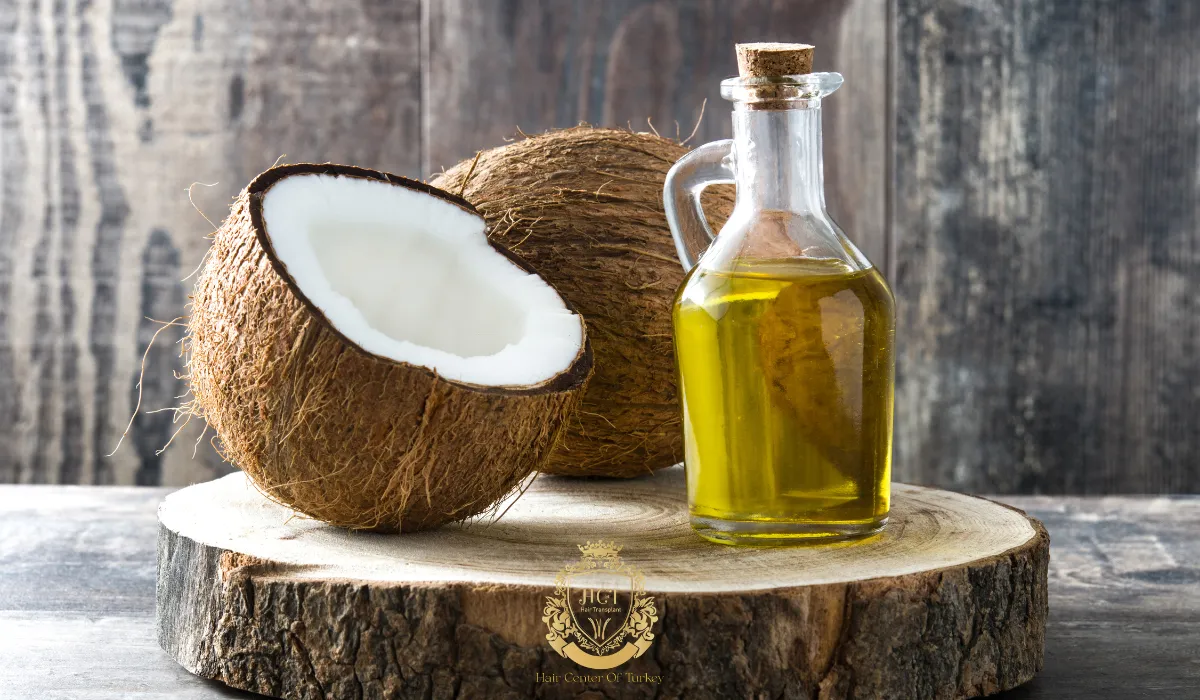

Aloe Vera Use in Hair Loss
The use of aloe vera in the treatment of various diseases dates back 6,000 years to Ancient Egypt.
One of these treatments is hair loss. This ingredient has a soothing effect on the skin that can help alleviate certain conditions.
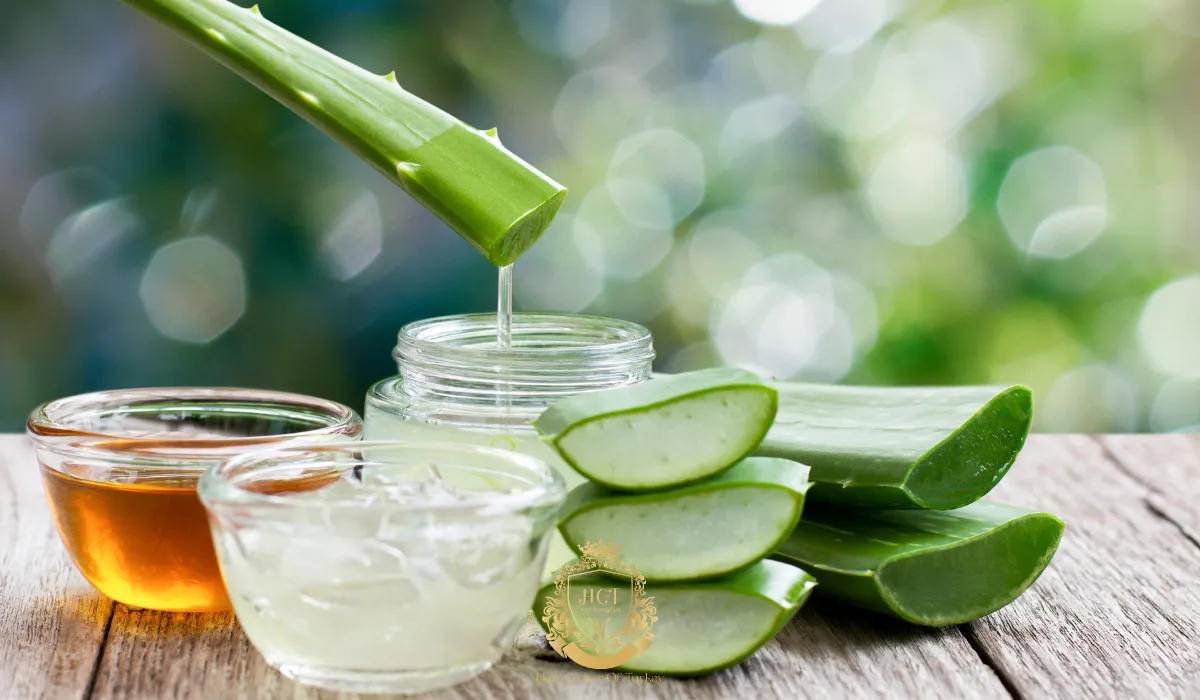

Rosemary Oil for Hair Growth and Hair Loss Prevention
Using rosemary oil for at least 6 months increases the number of hair strands. However, there is a risk of experiencing itching on the scalp.
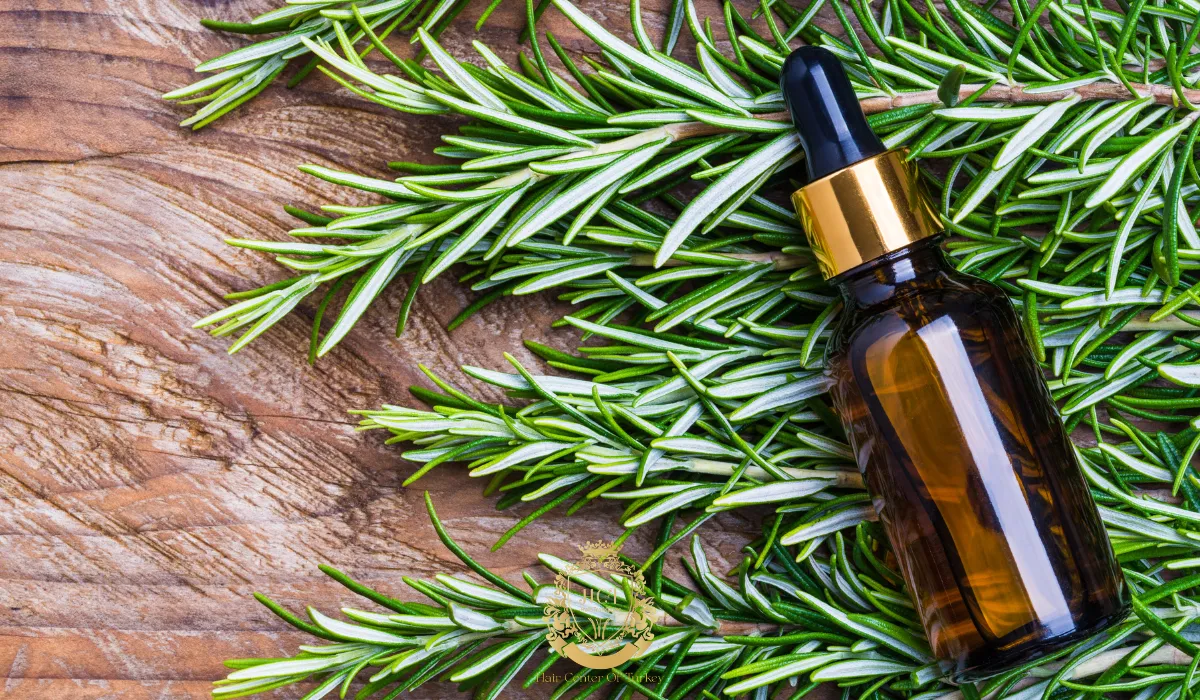
Hair Growth Methods at Home
There are various methods that are frequently used among the public for hair extensions. However, it is important to keep in mind that these methods do not have the same effect on every individual. If there is an underlying health problem, consulting a specialist is the best step. There are some natural methods that can be tried at home to promote hair growth. These are
Use of Aromatherapy: Aromatherapy can stimulate hair growth by inhaling the scents of herbal oils or applying them to the scalp. Oils such as cedarwood, lavender, rosemary, thyme and tulsi can be used for this purpose. When applying these oils to your scalp, you can mix them with carrier oils such as a few drops of coconut or walnut oil to enhance their effects.
Pumpkin Seed Oil: Pumpkin seed oil contains ricinoleic acid, which promotes hair growth. With regular use, it can help new hair grow and existing hair grow faster.
t should be noted that these methods may not be suitable for every person. Therefore, it is always best to consult a health professional before applying any method to grow hair at home.
FA.Q. (Frequently Asked Questions)
